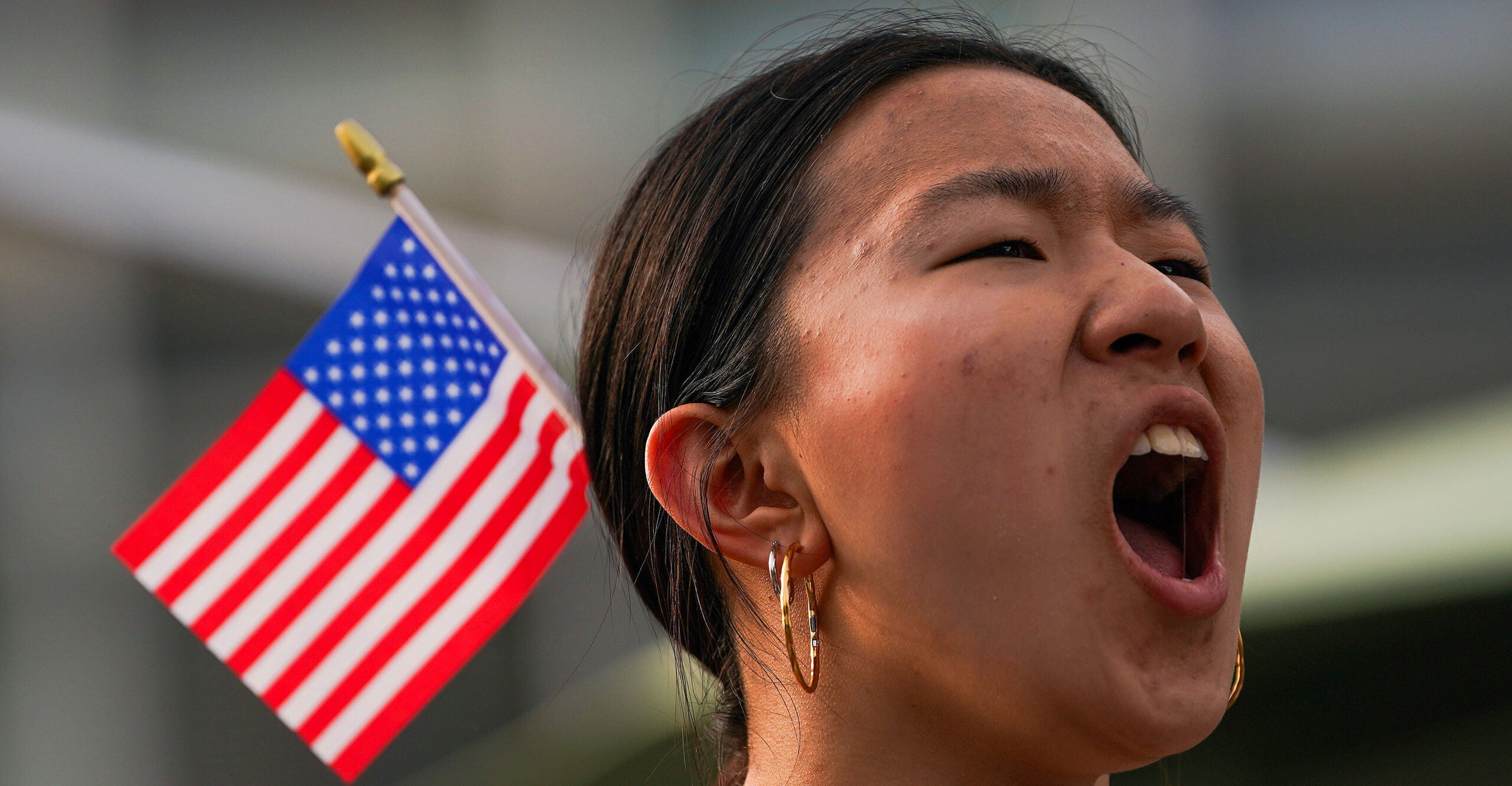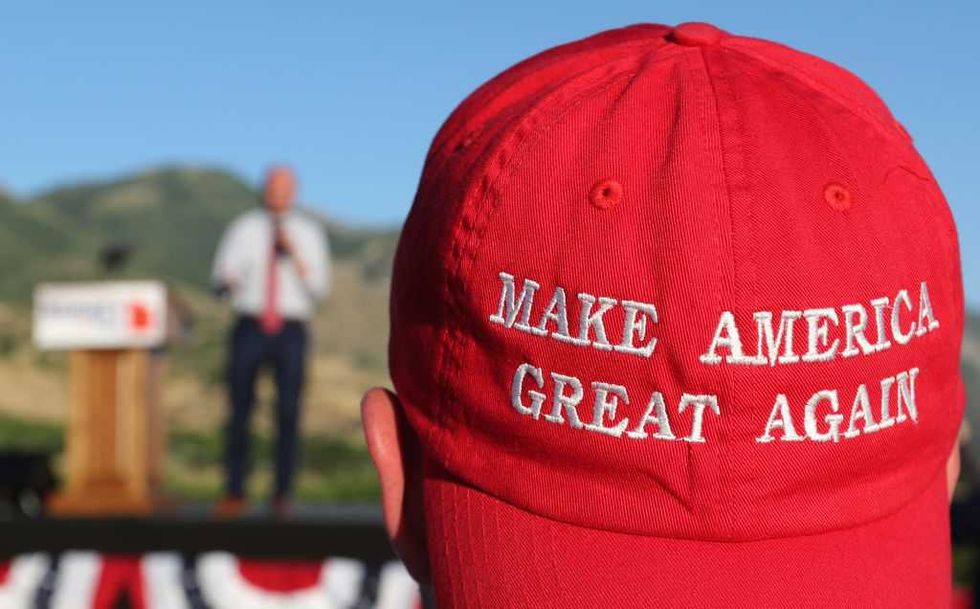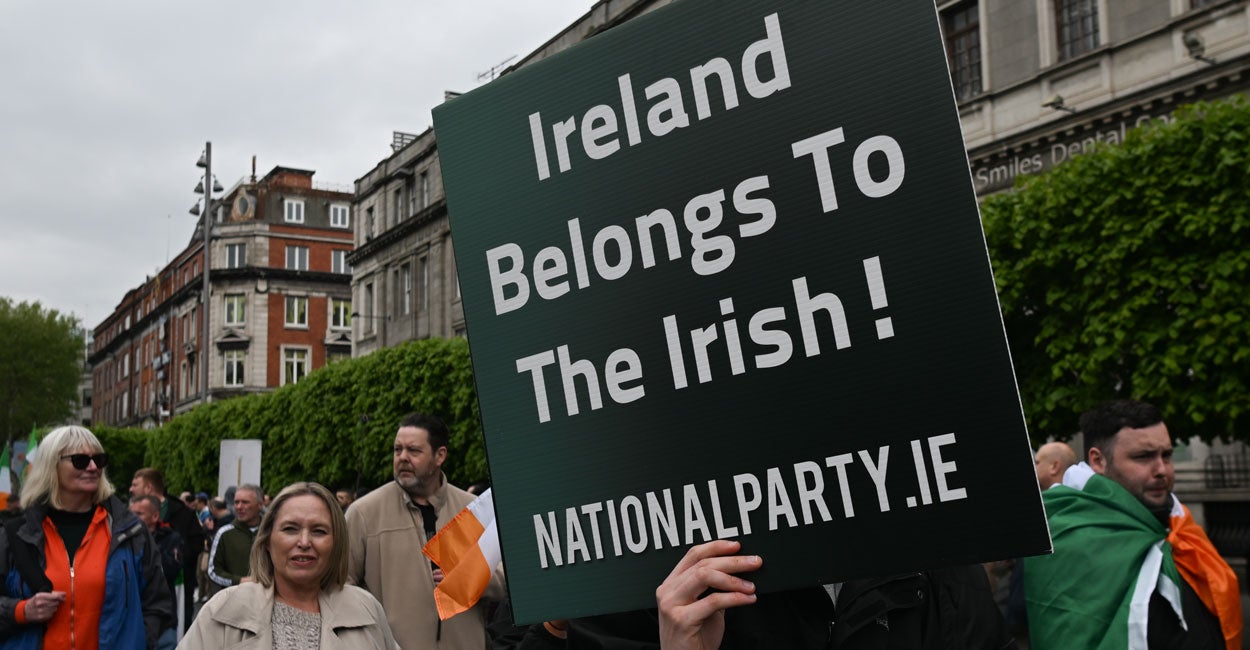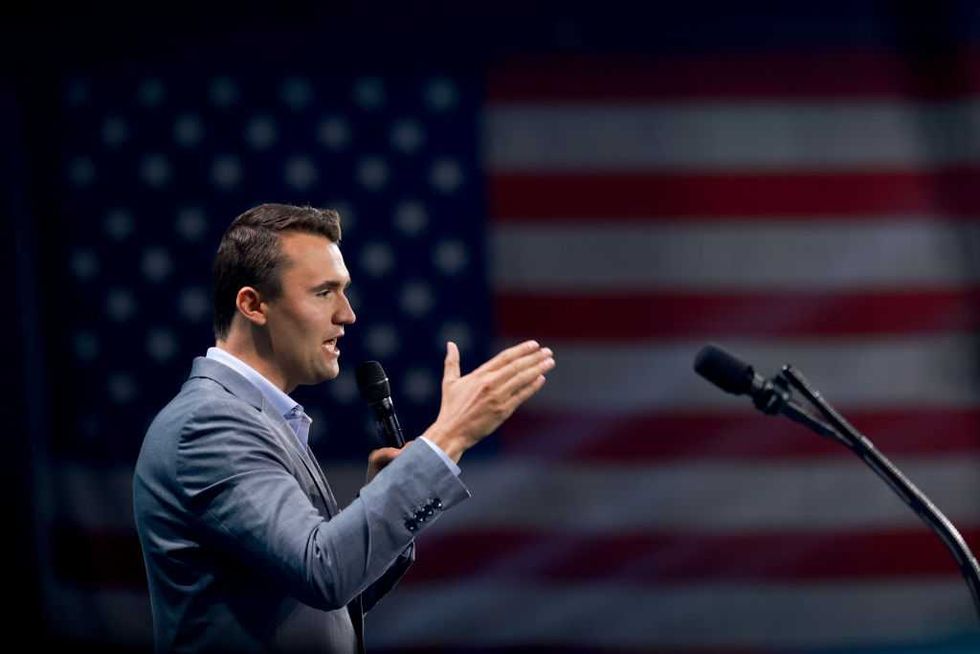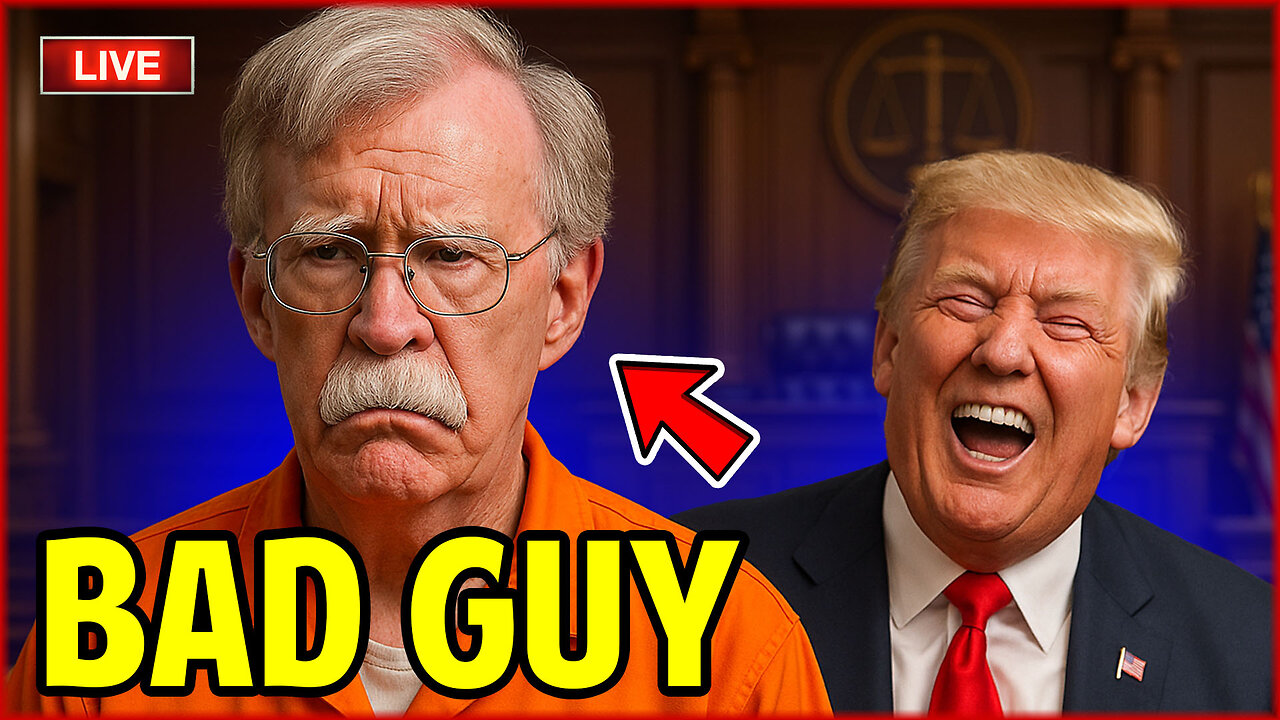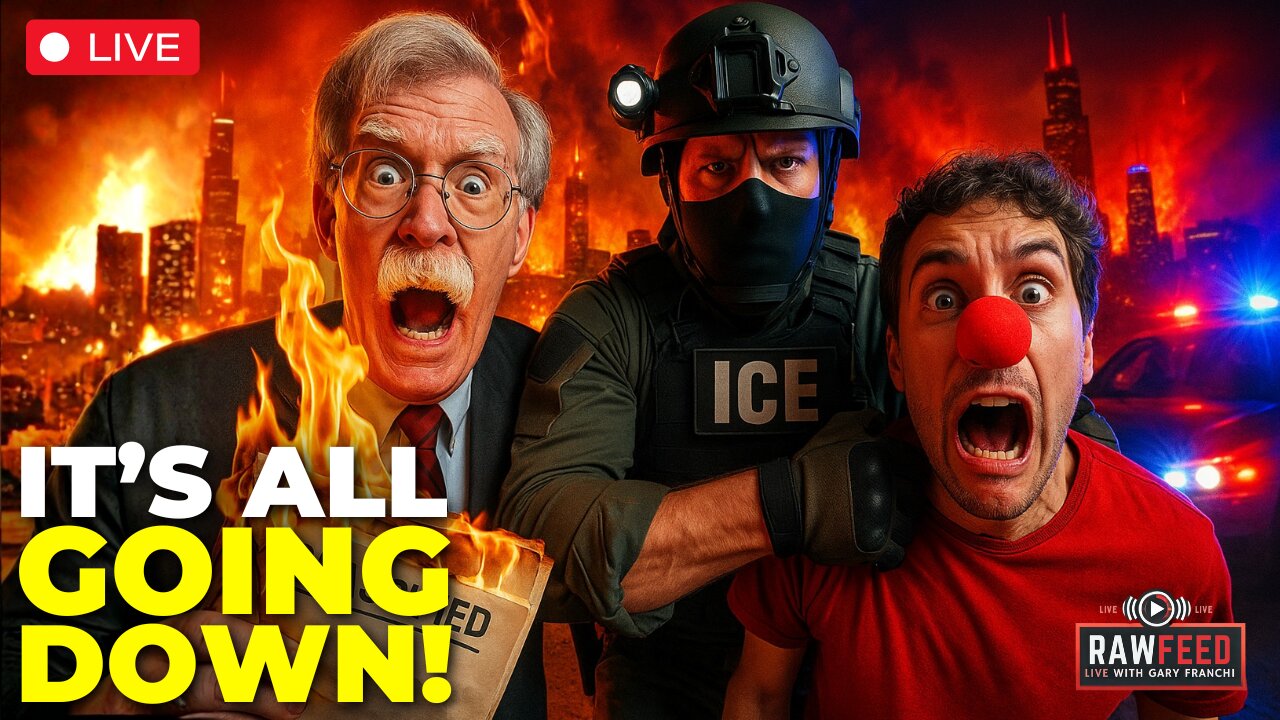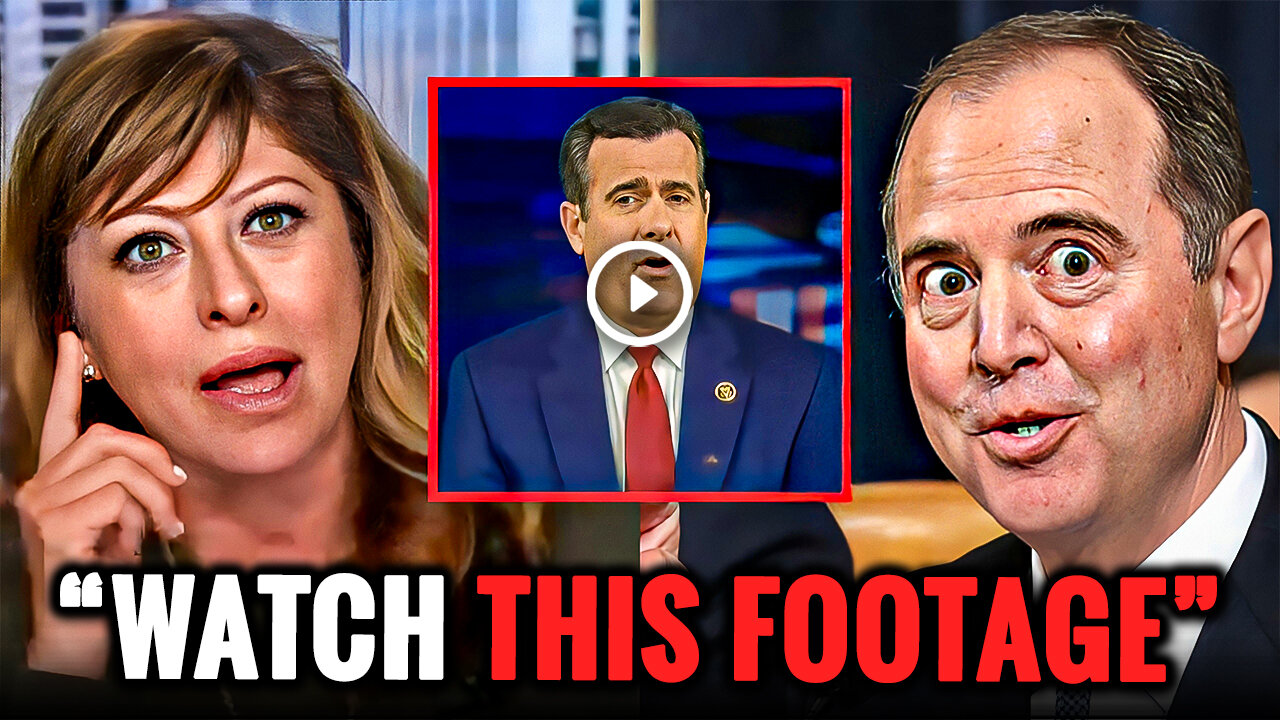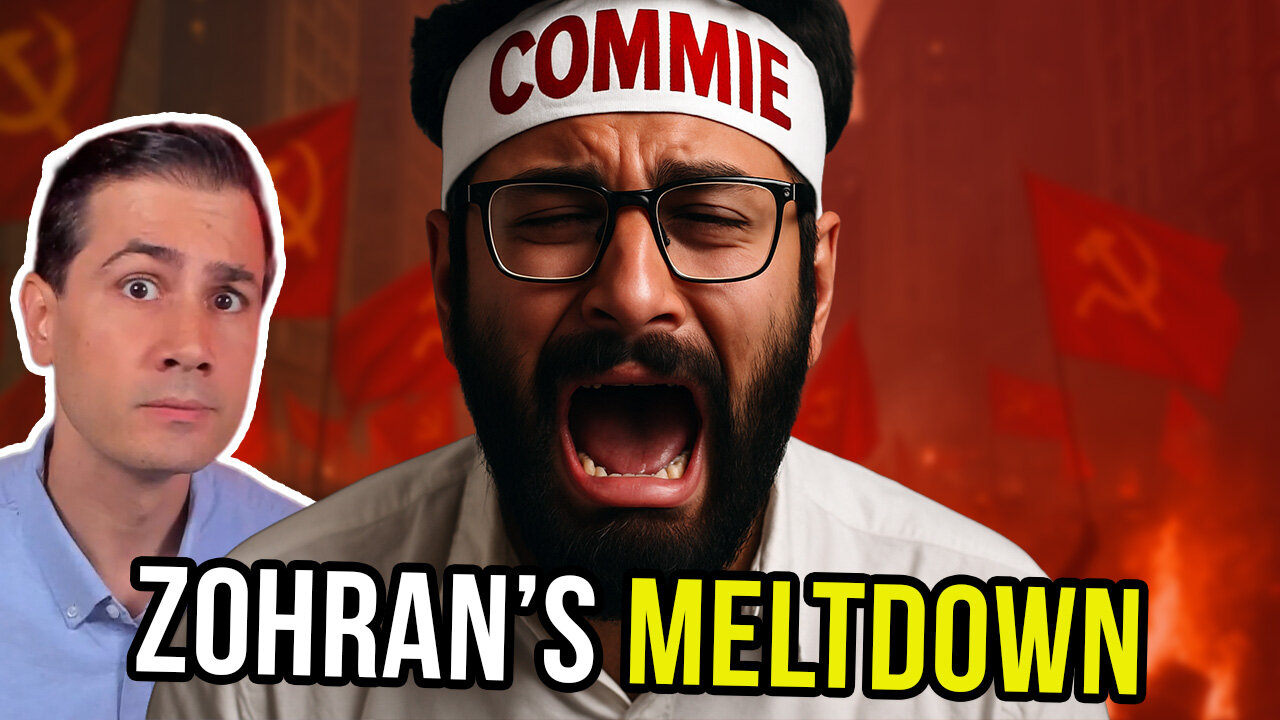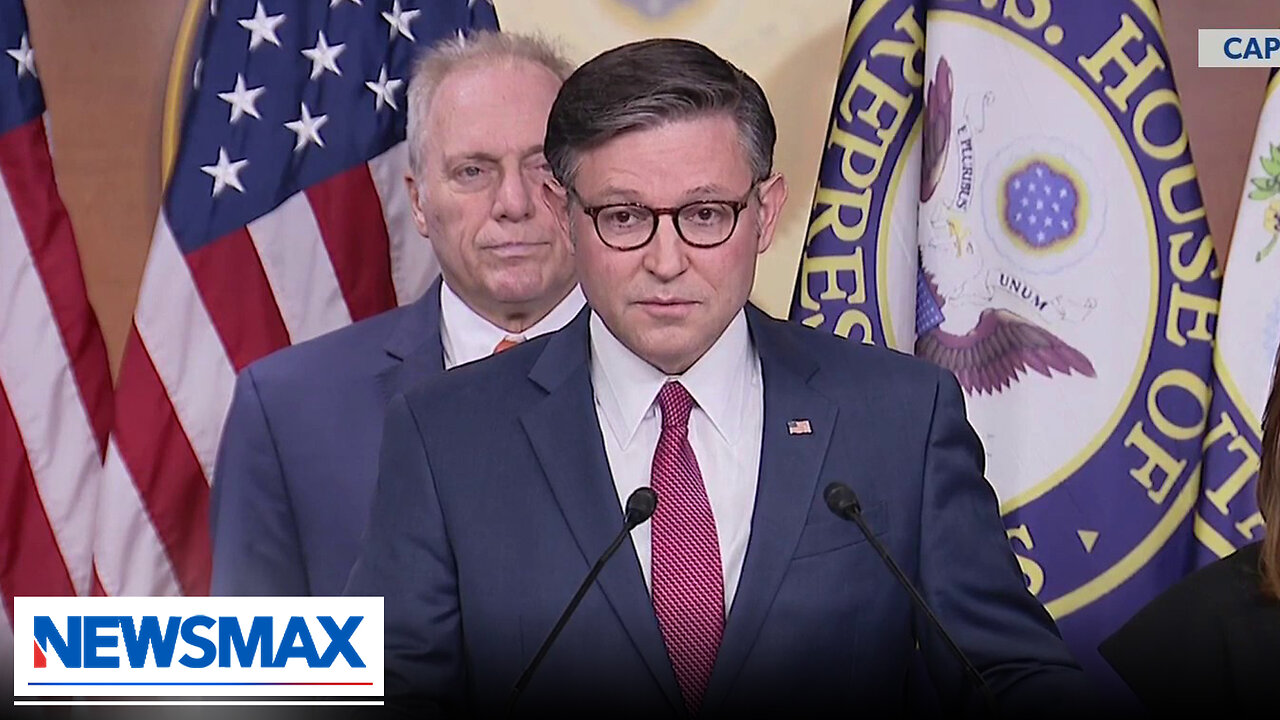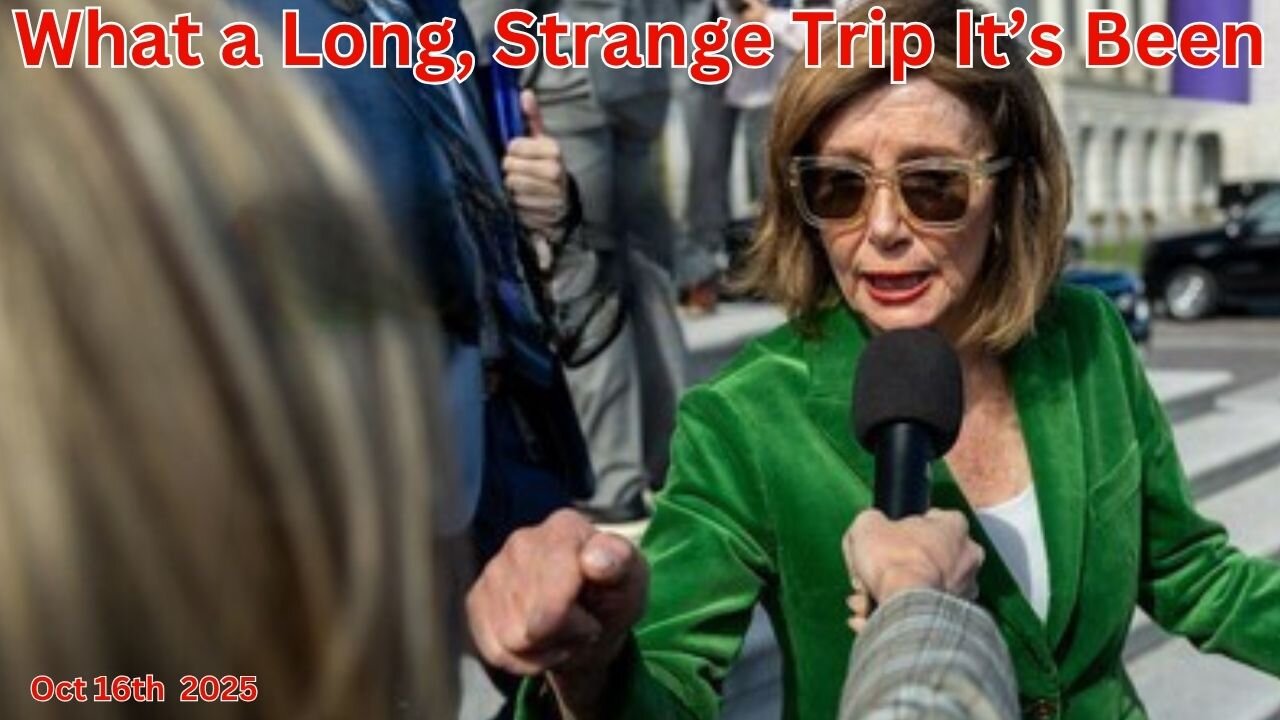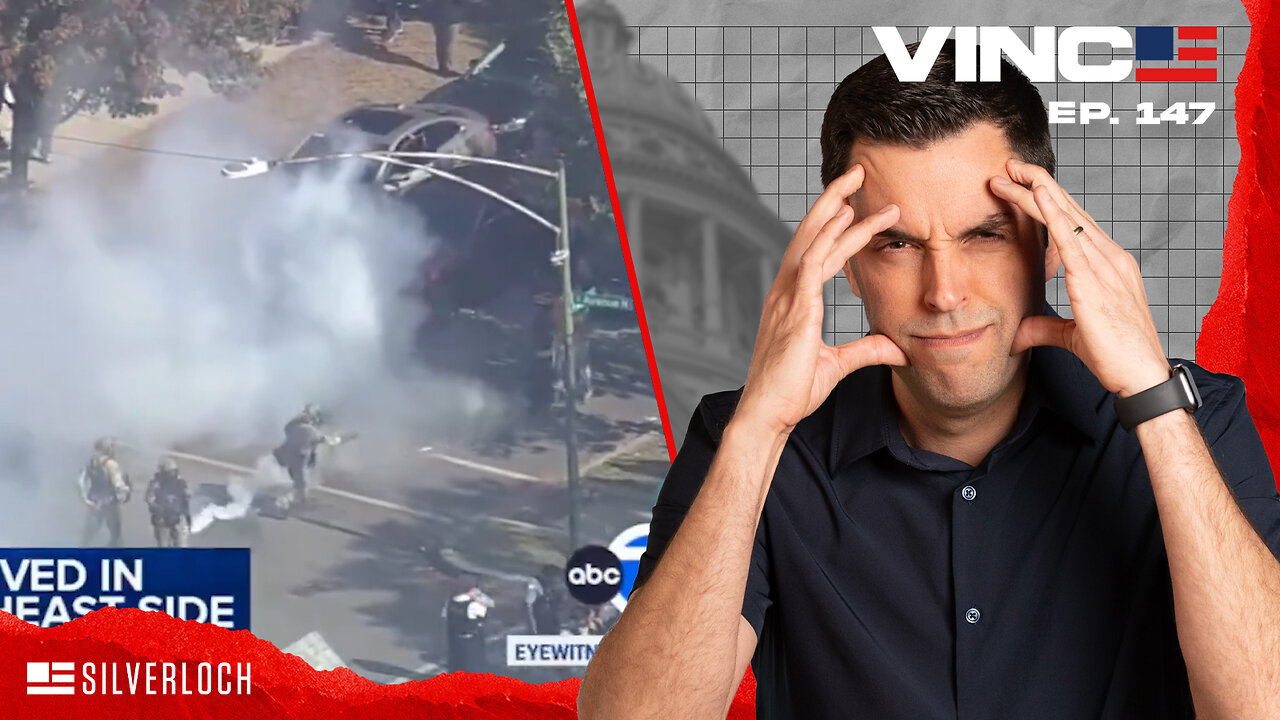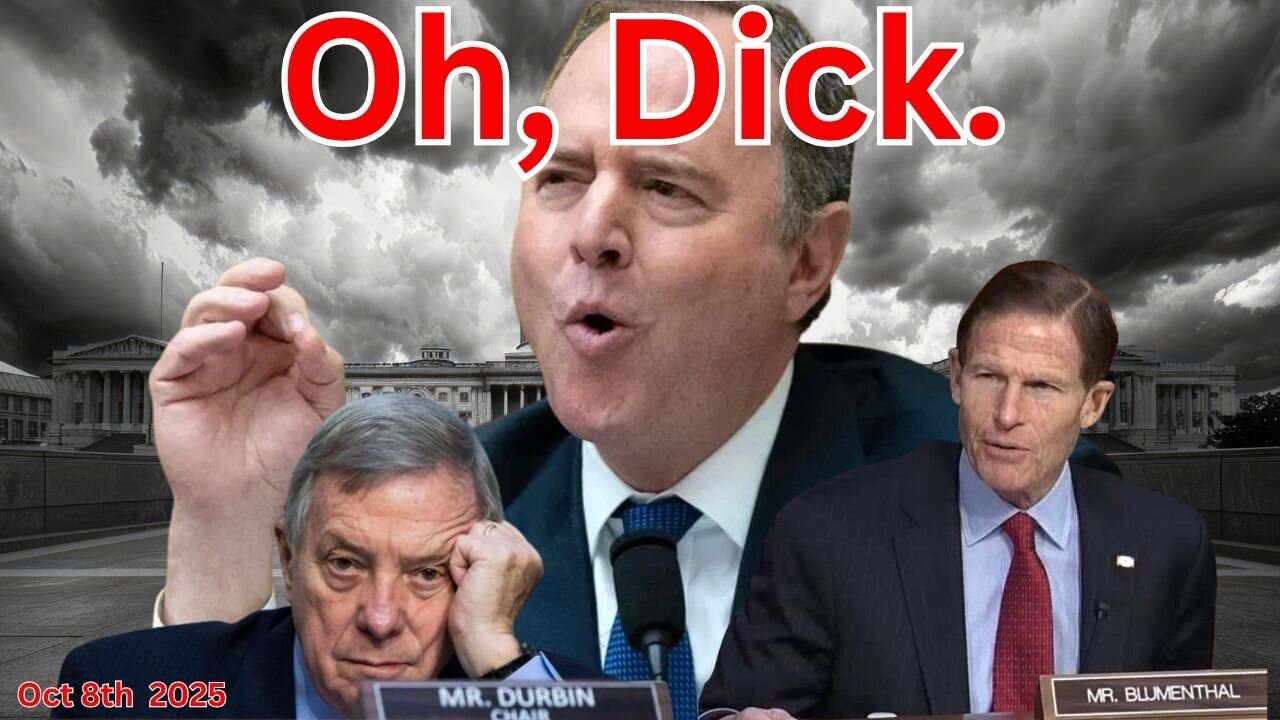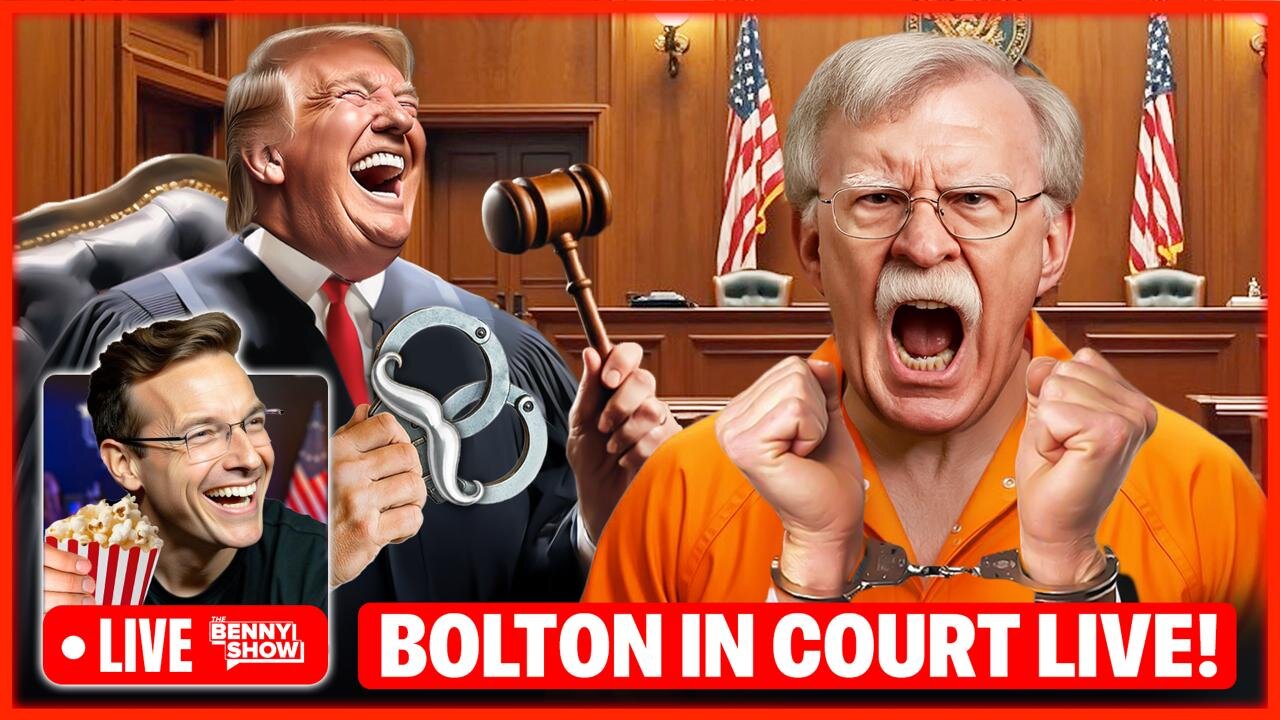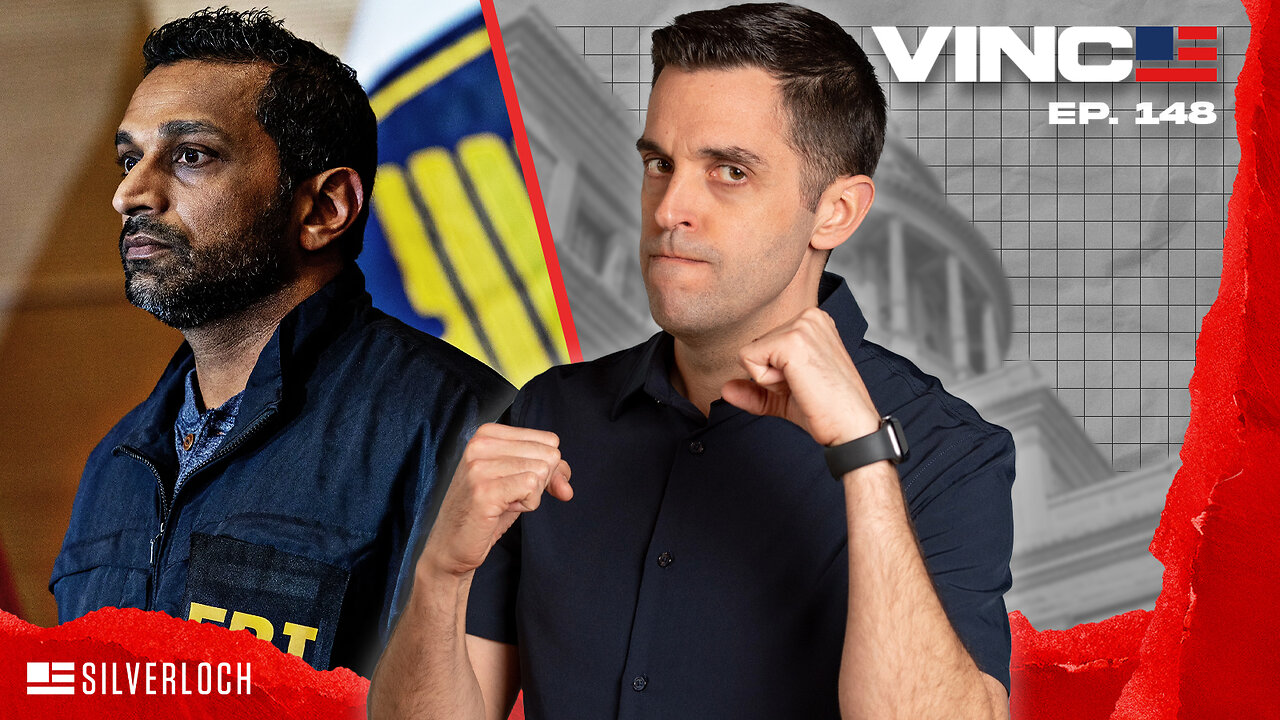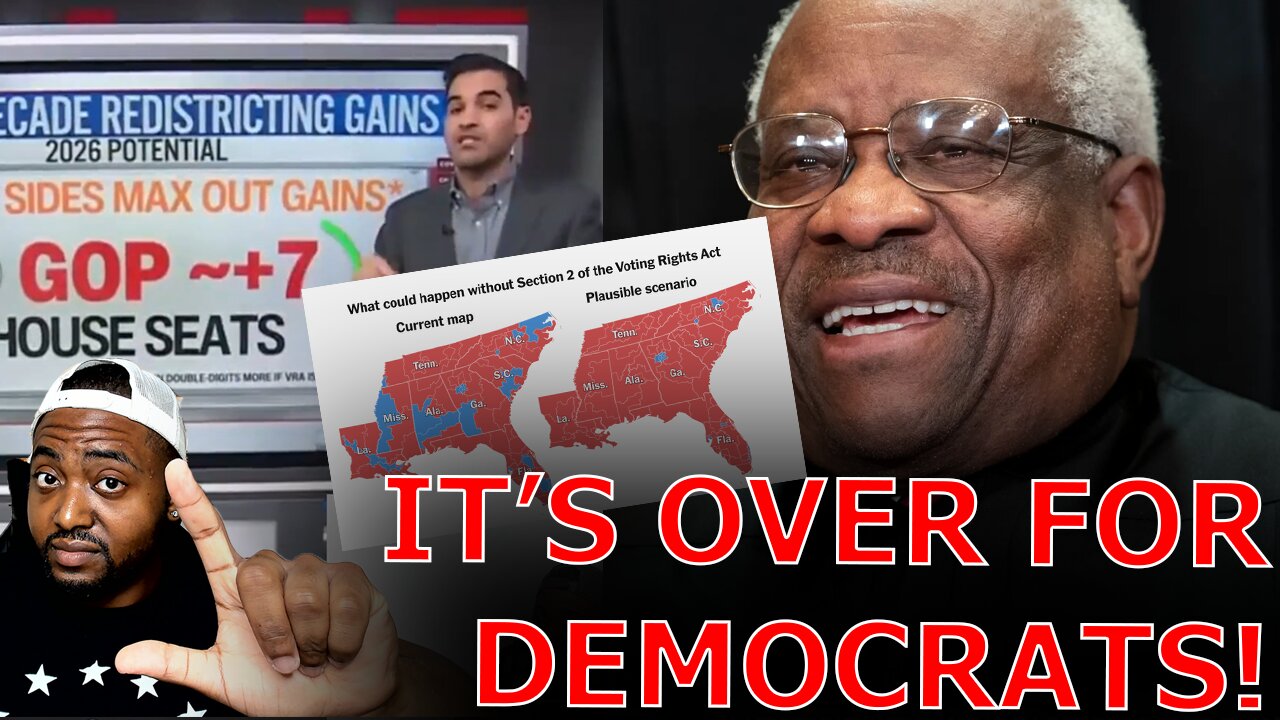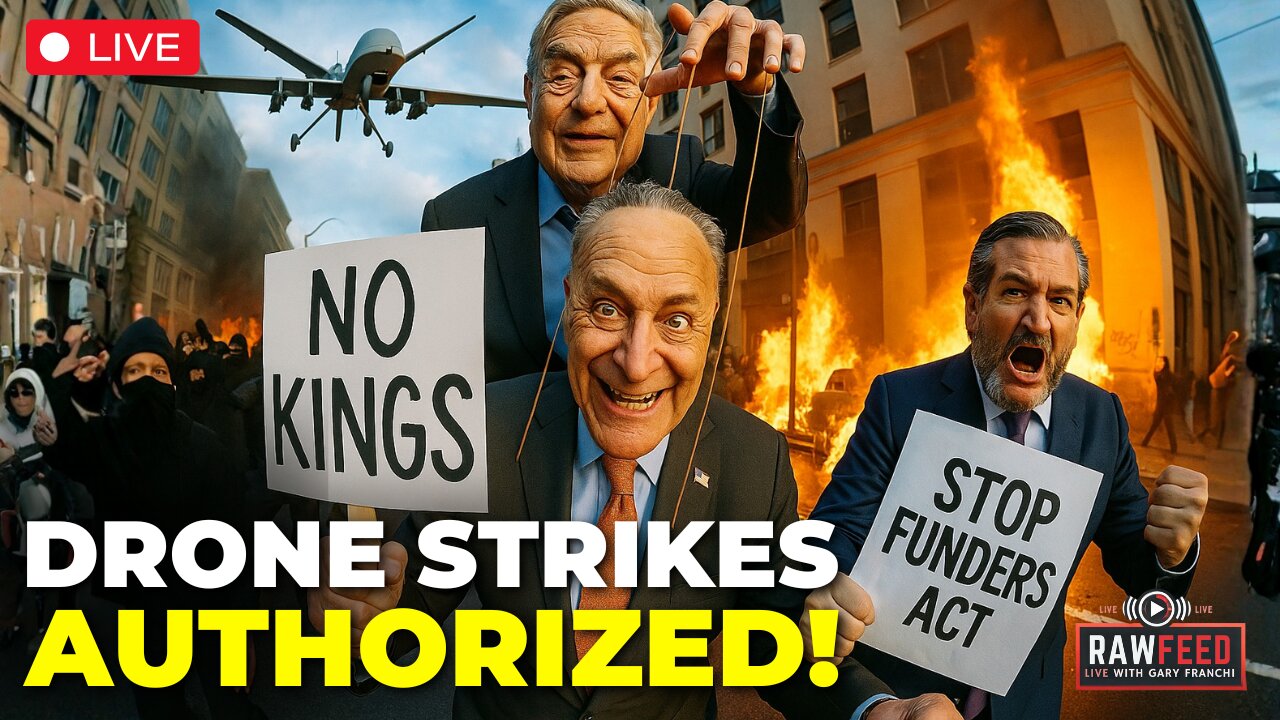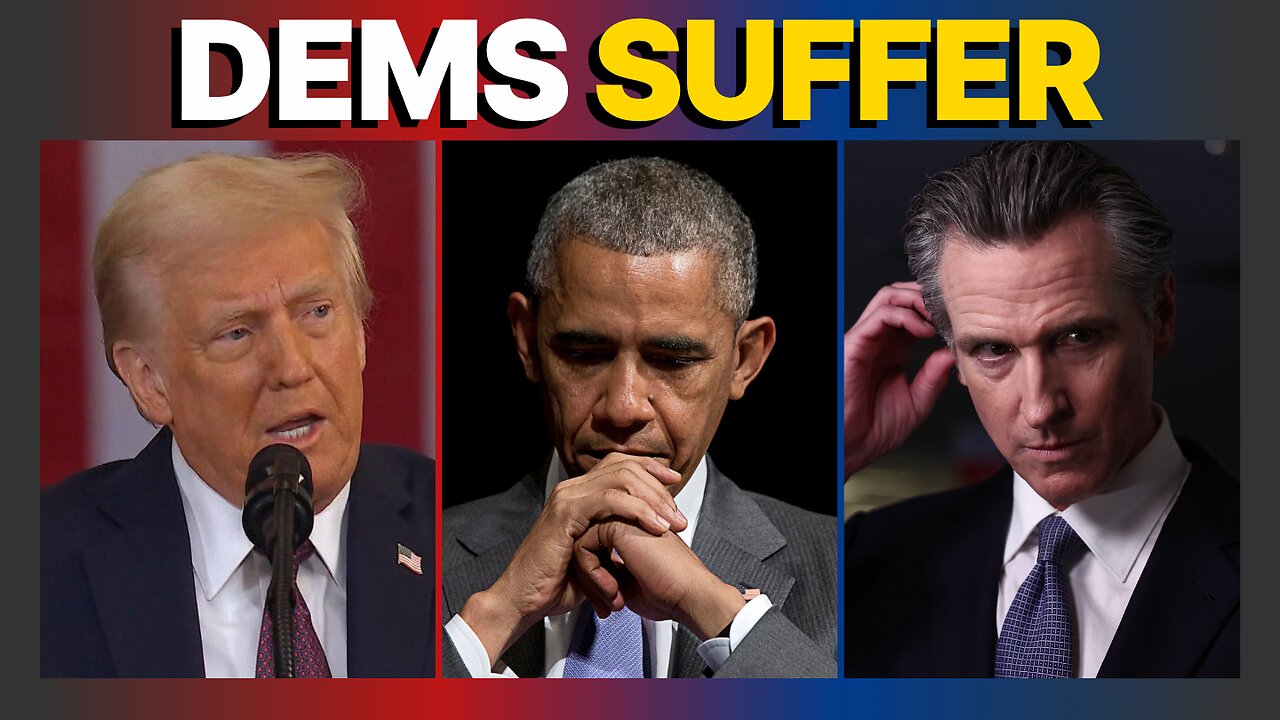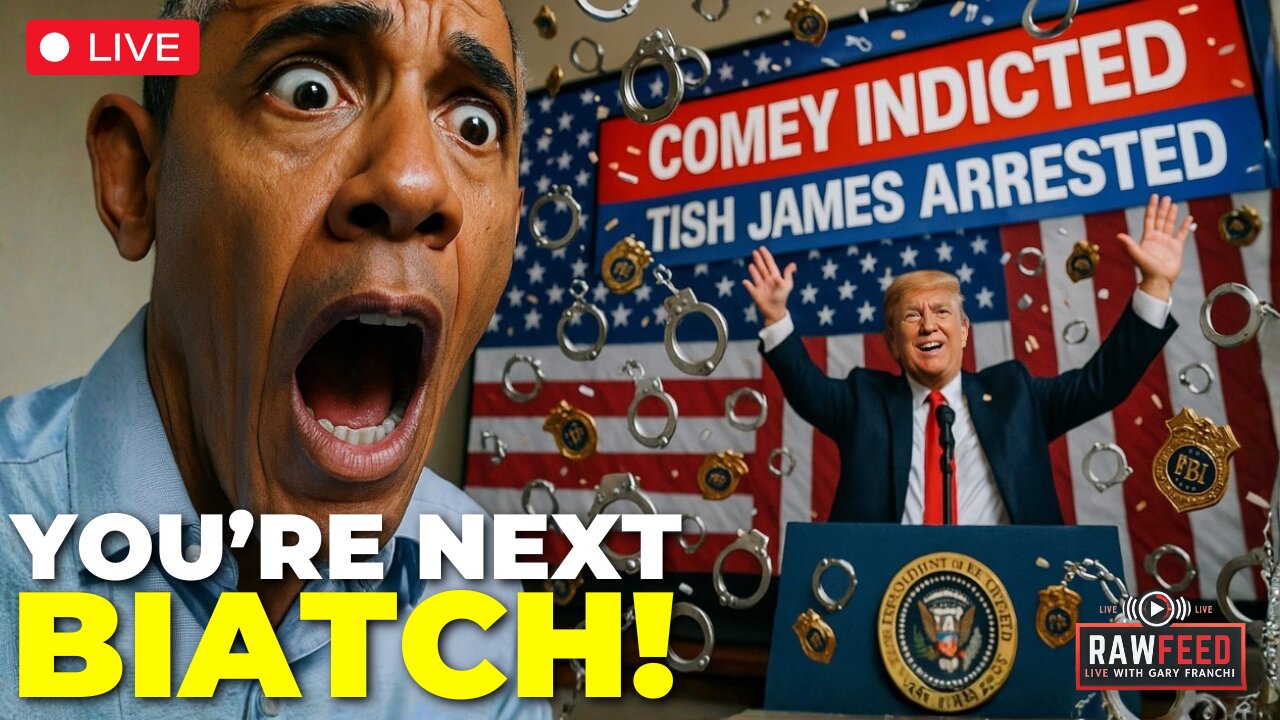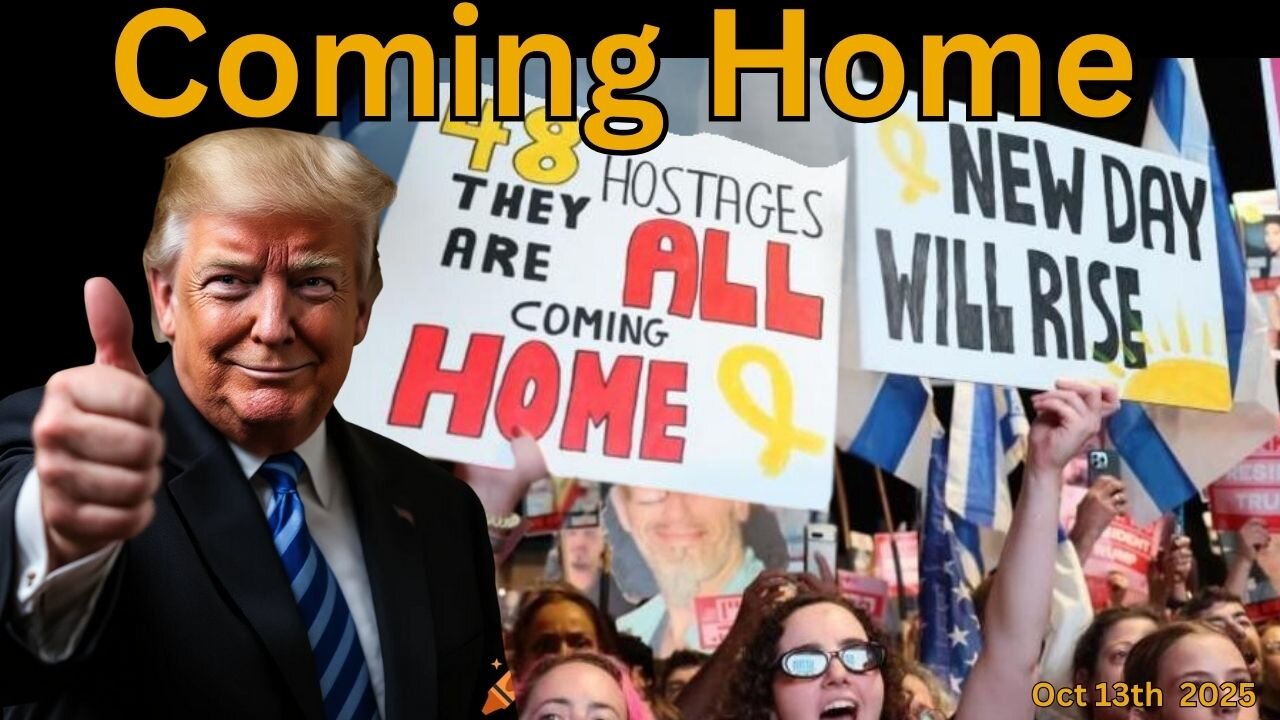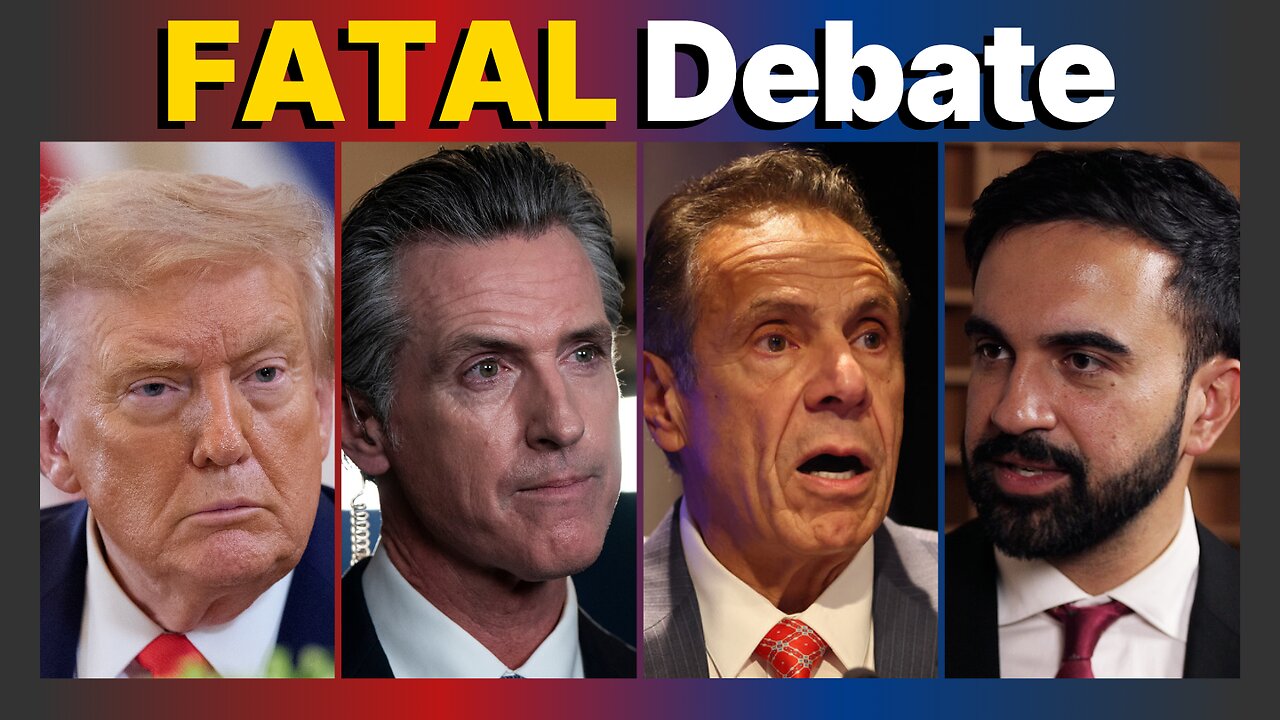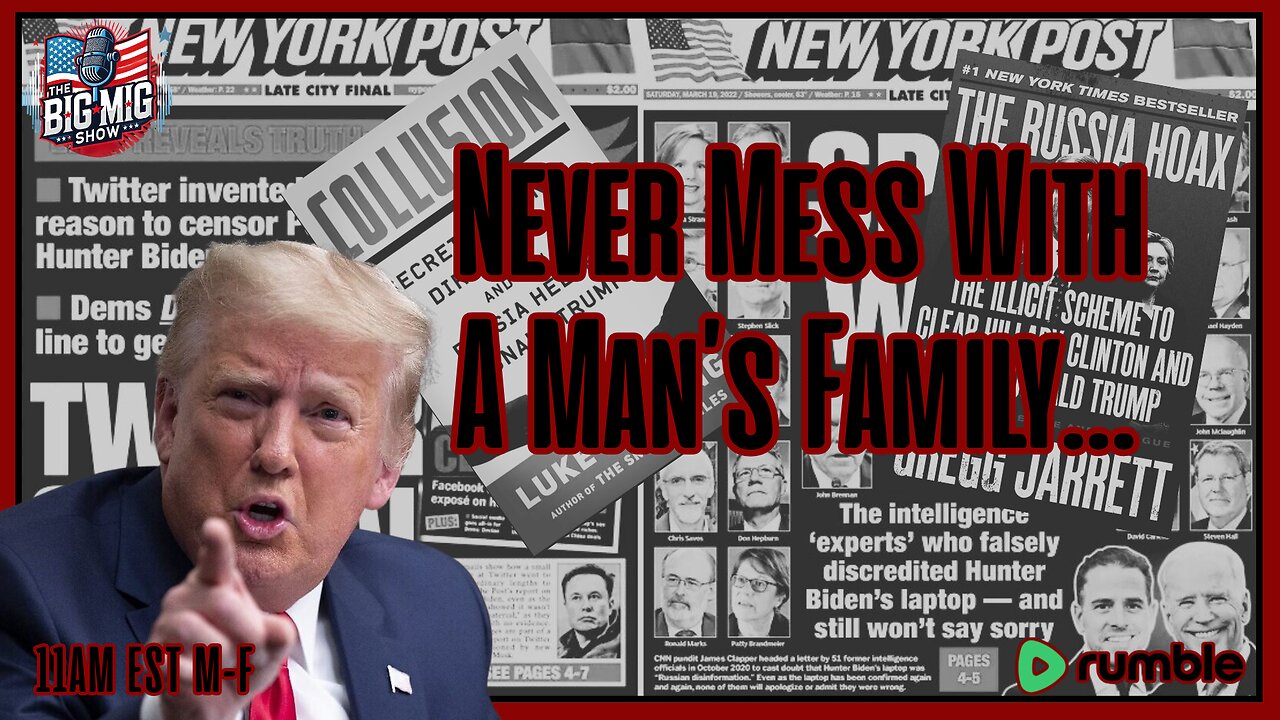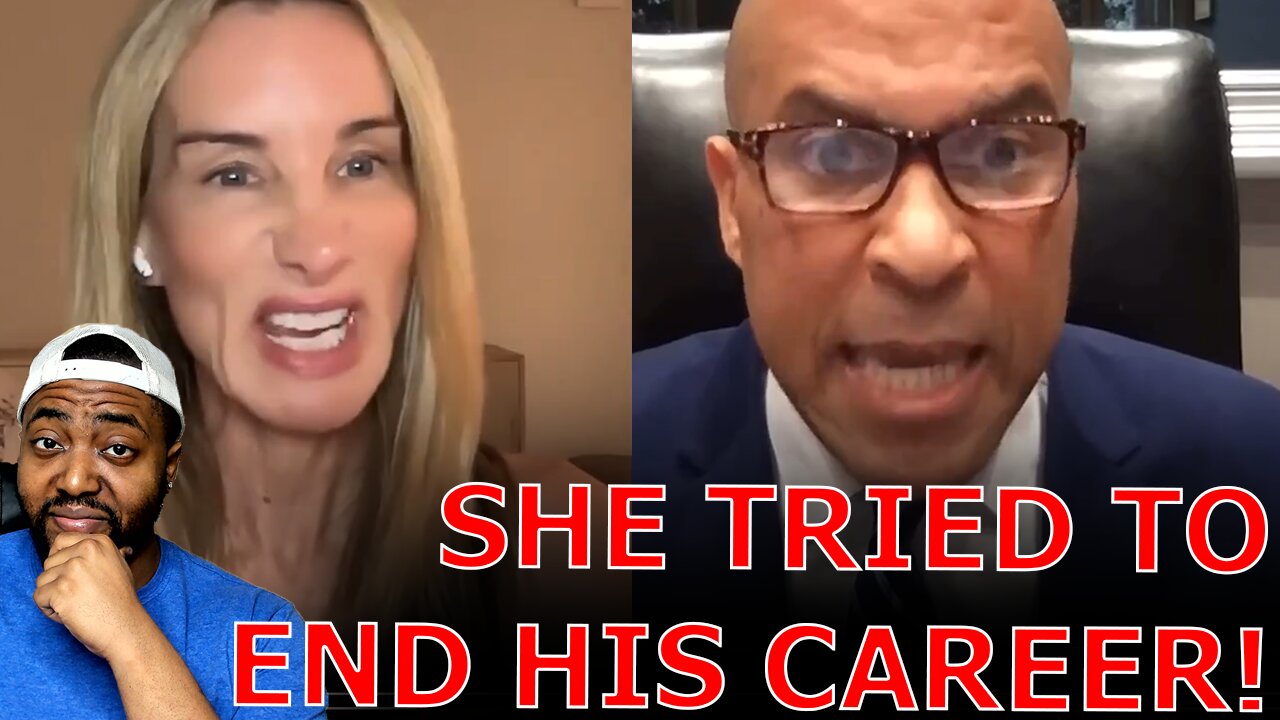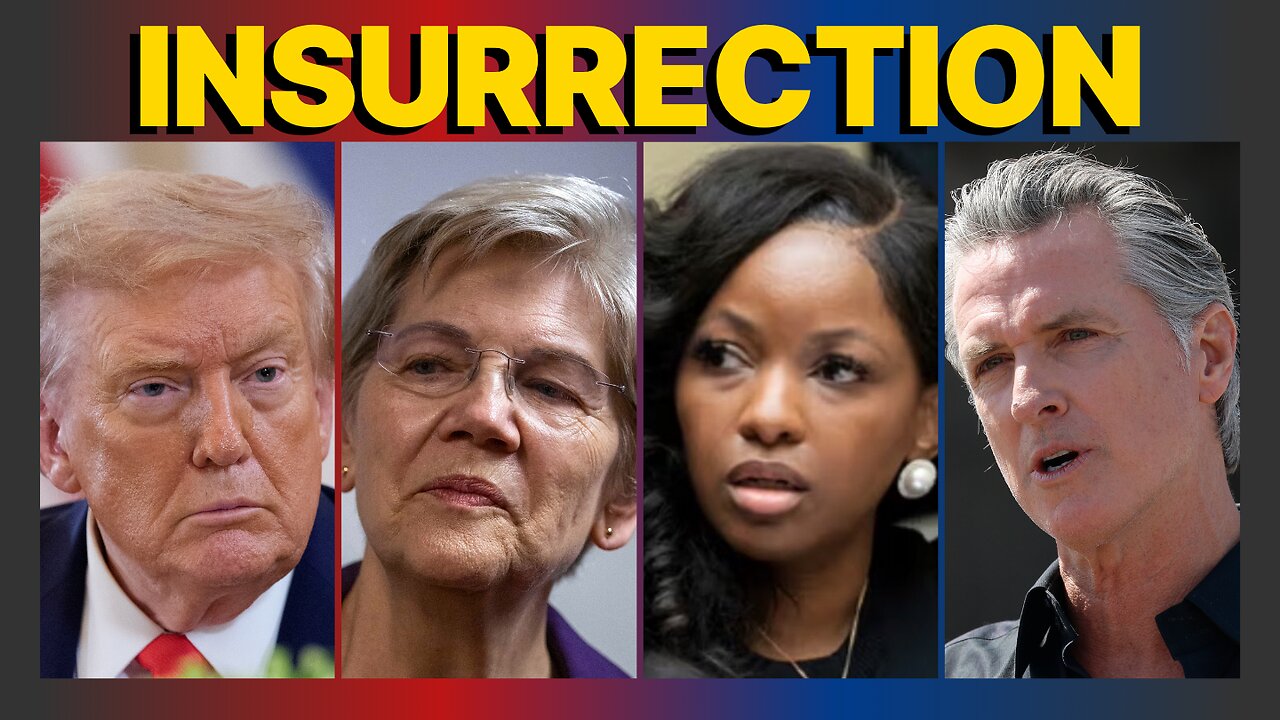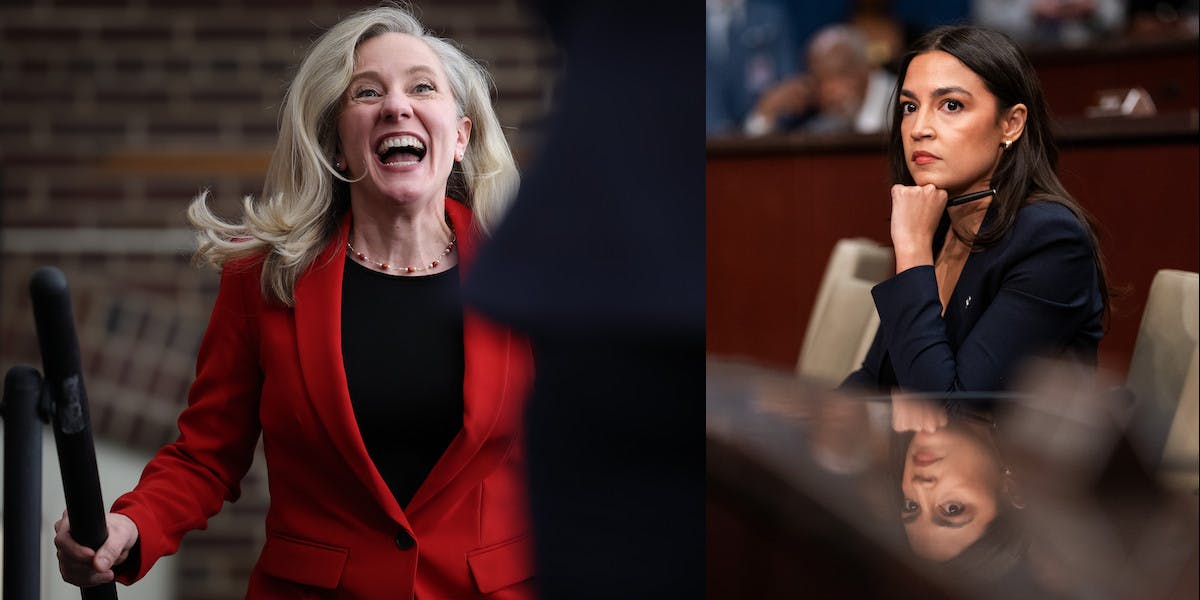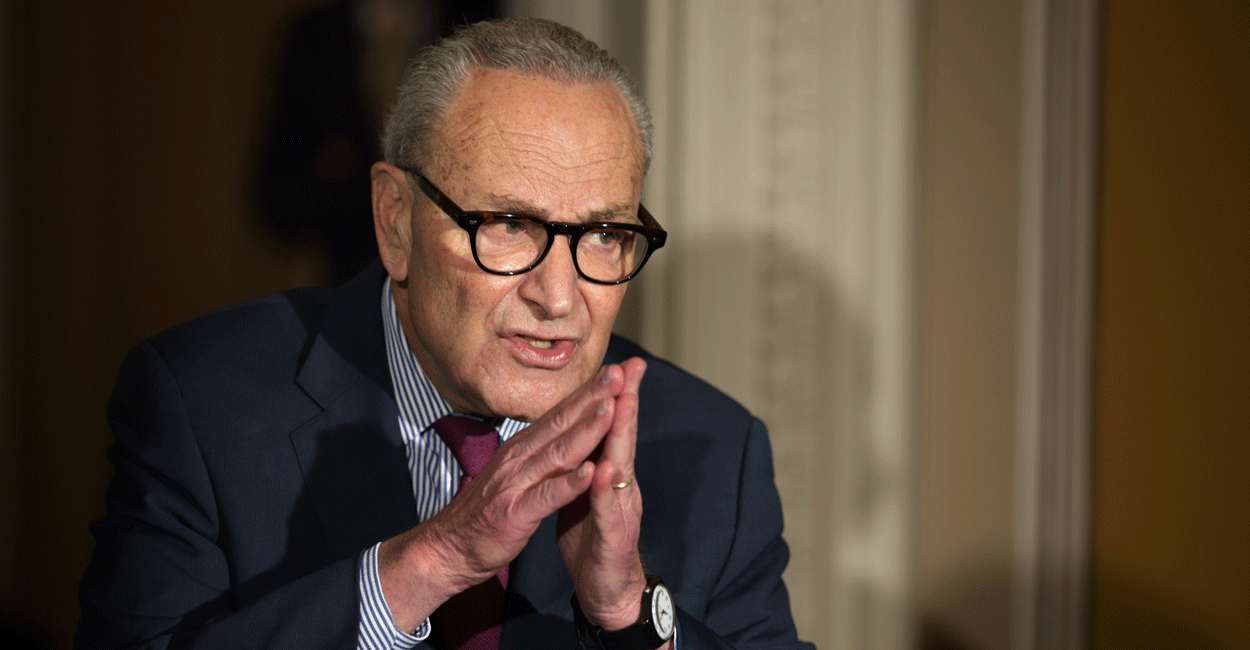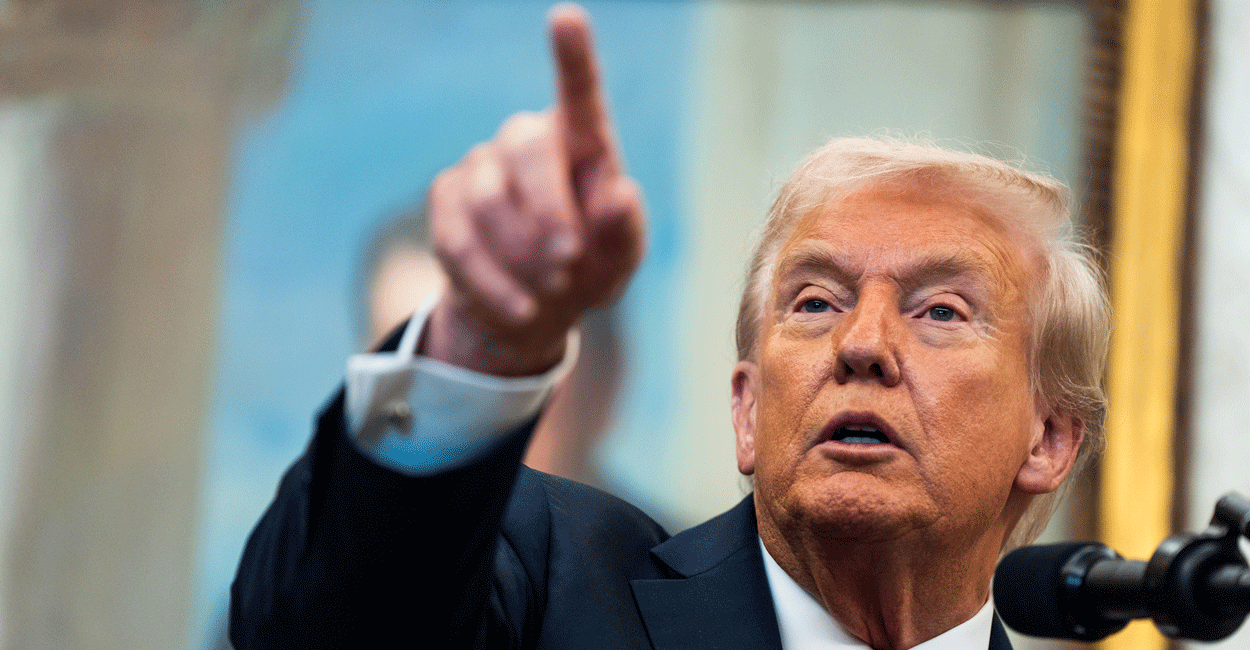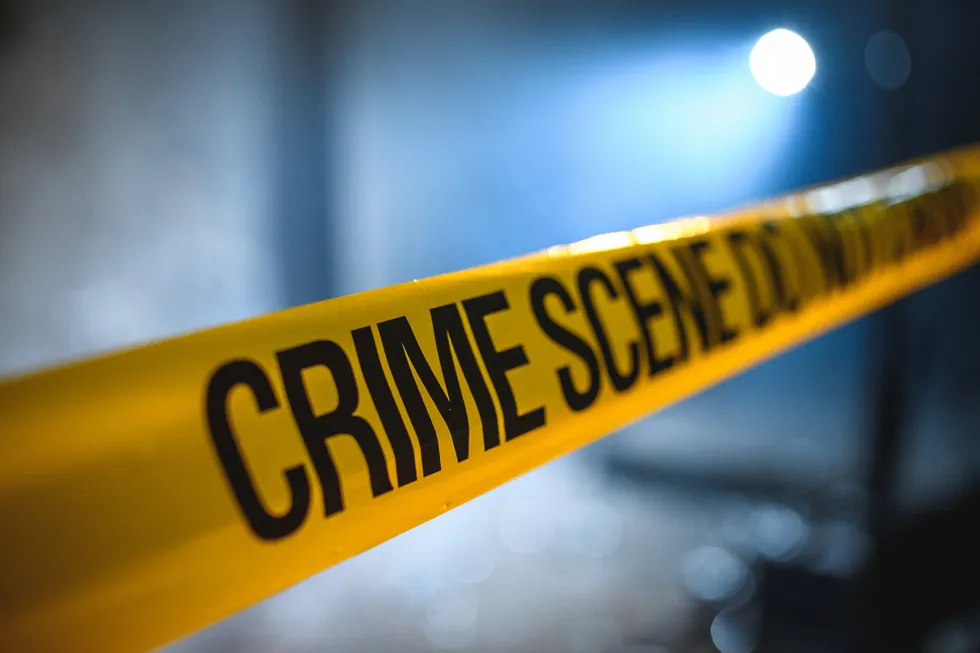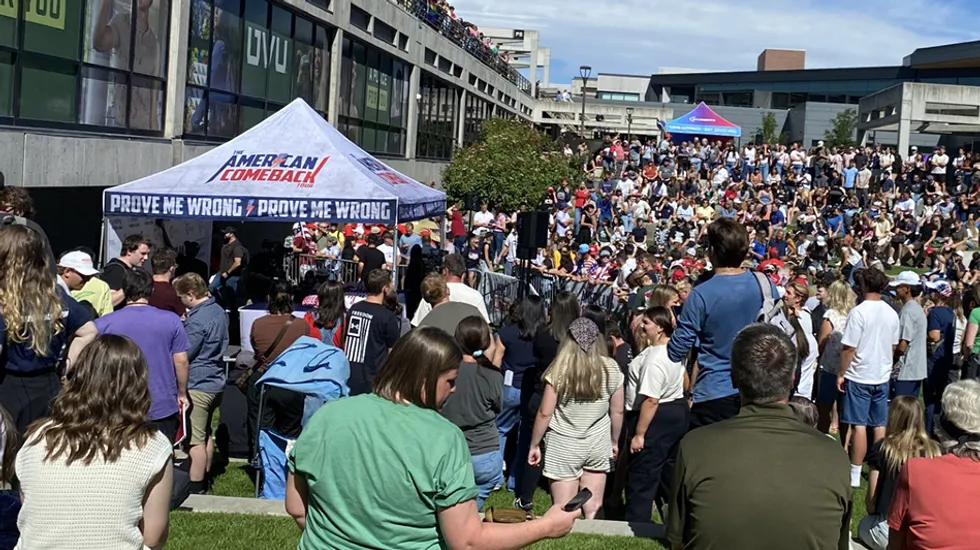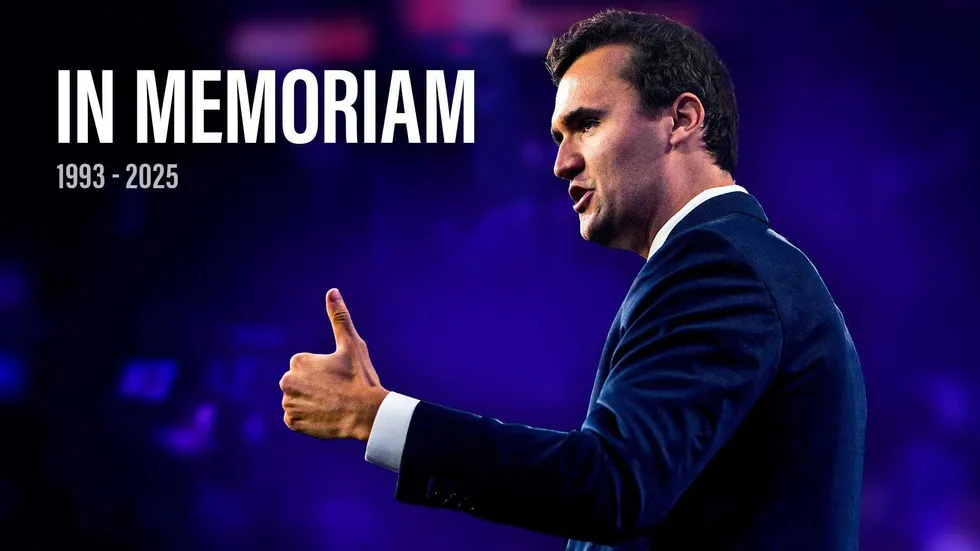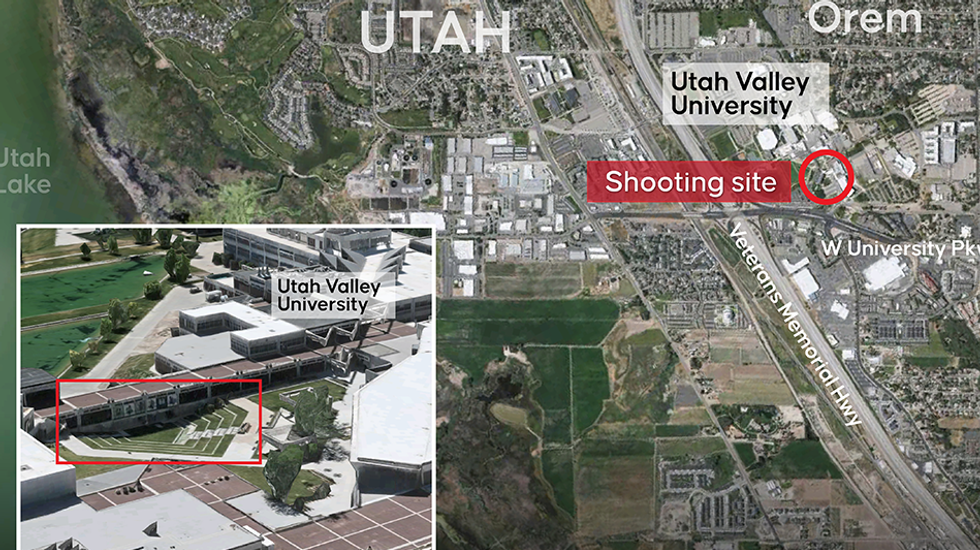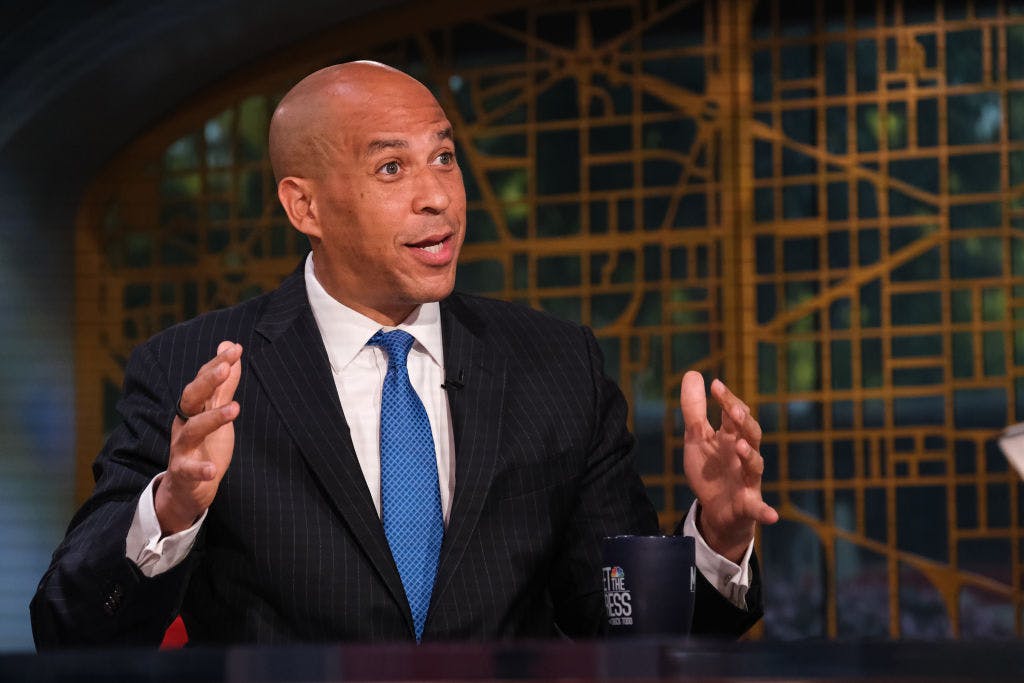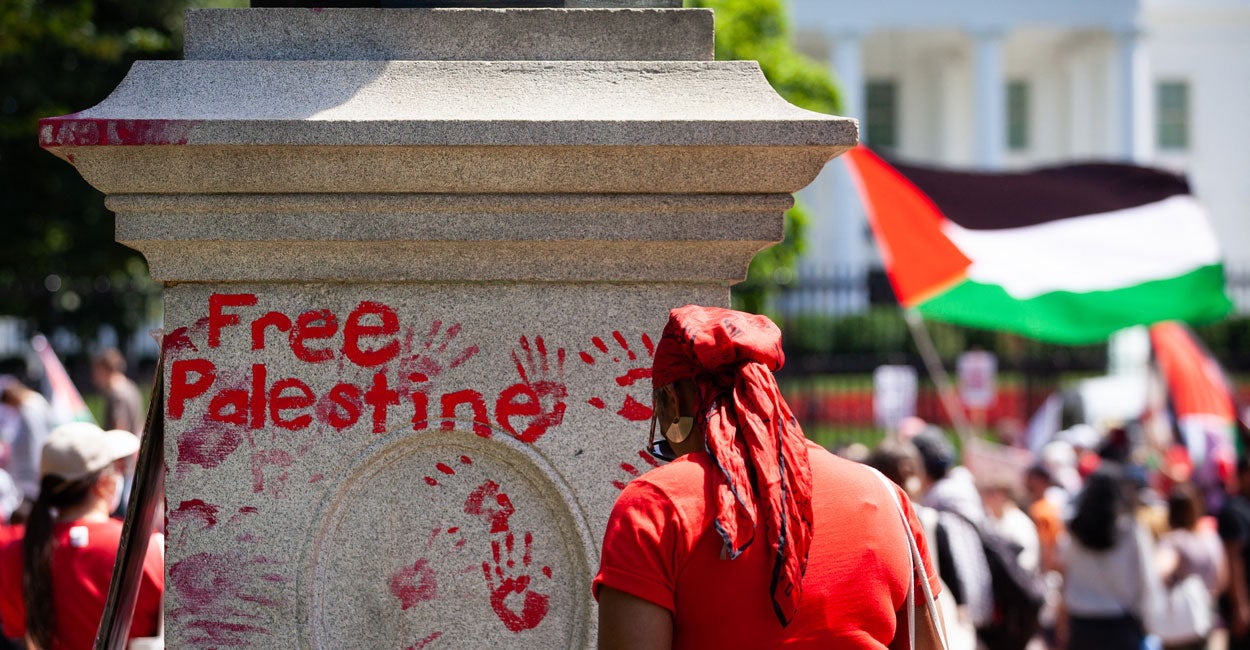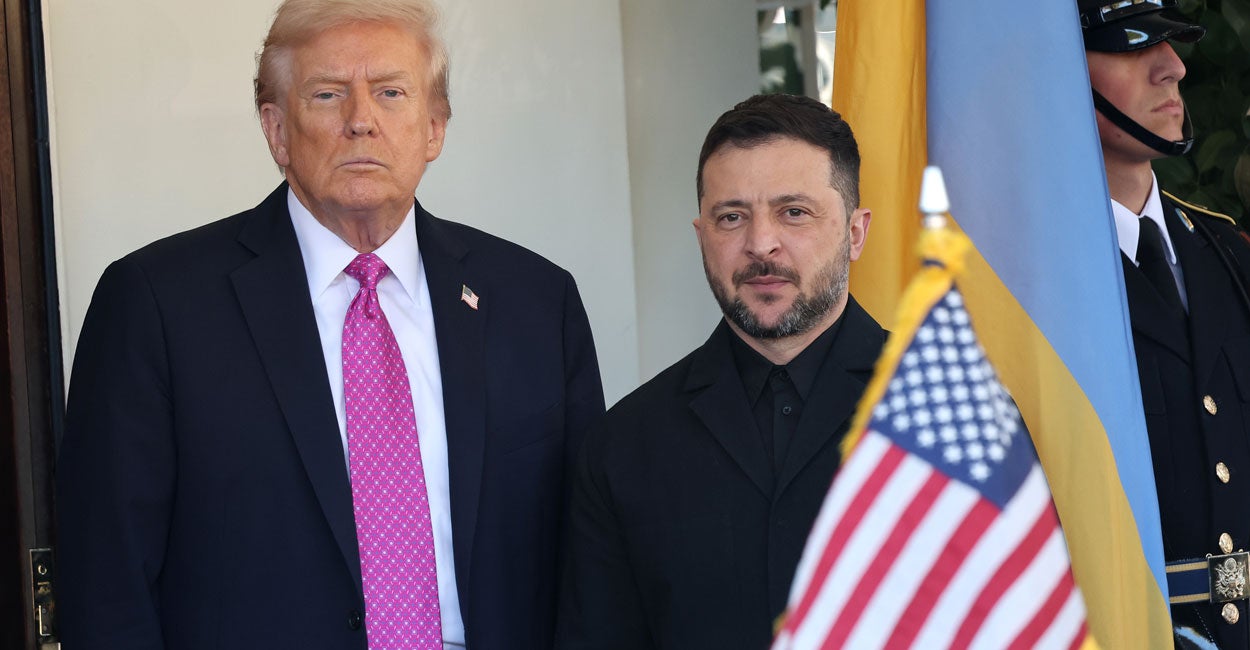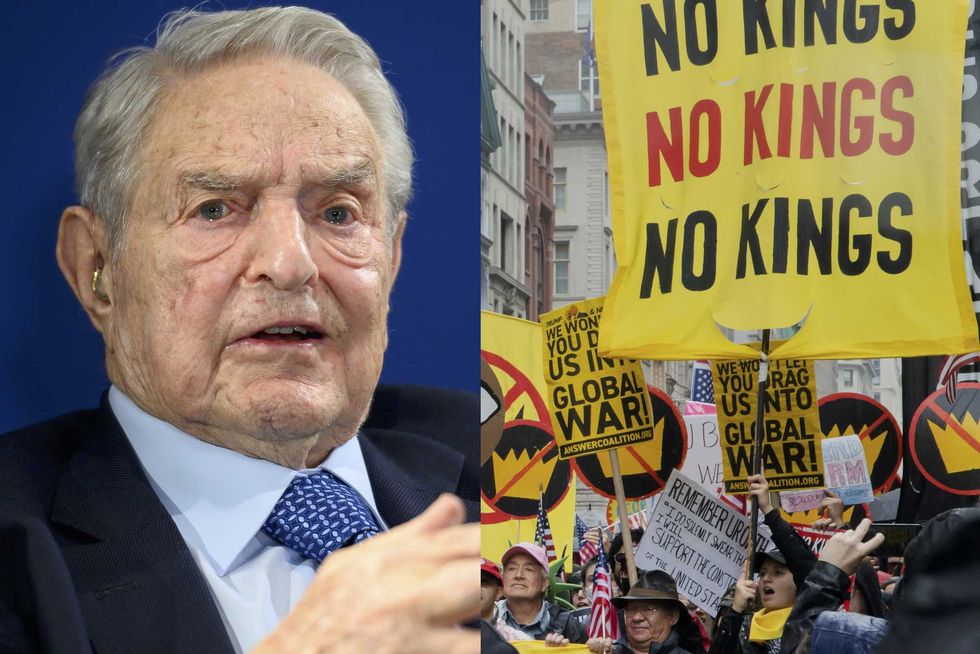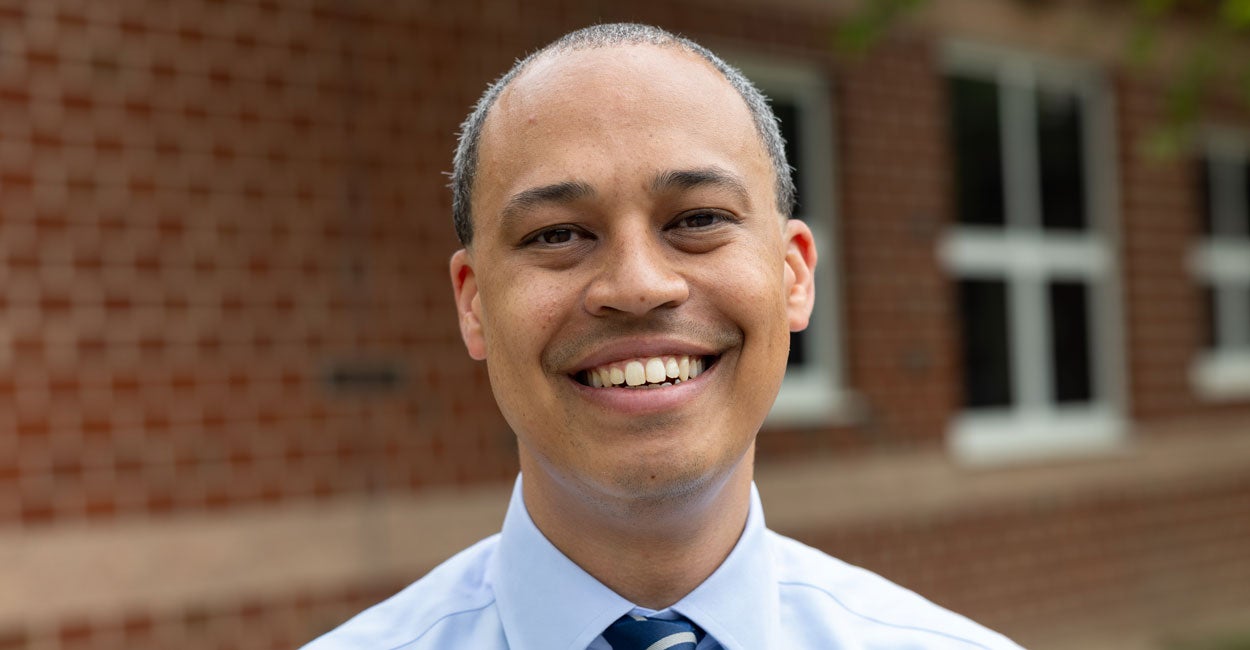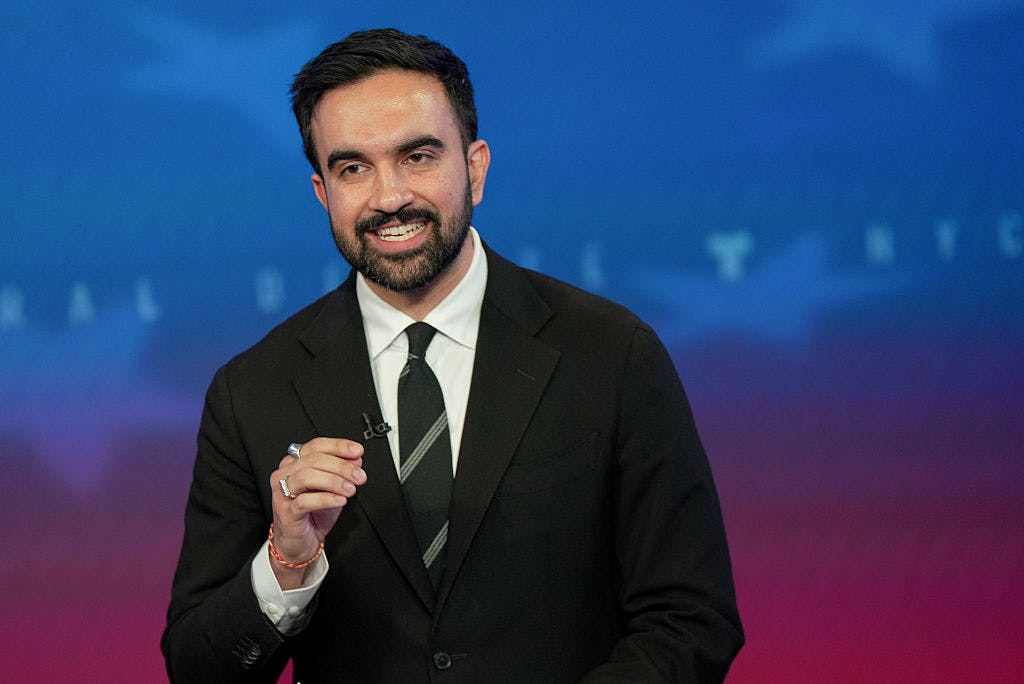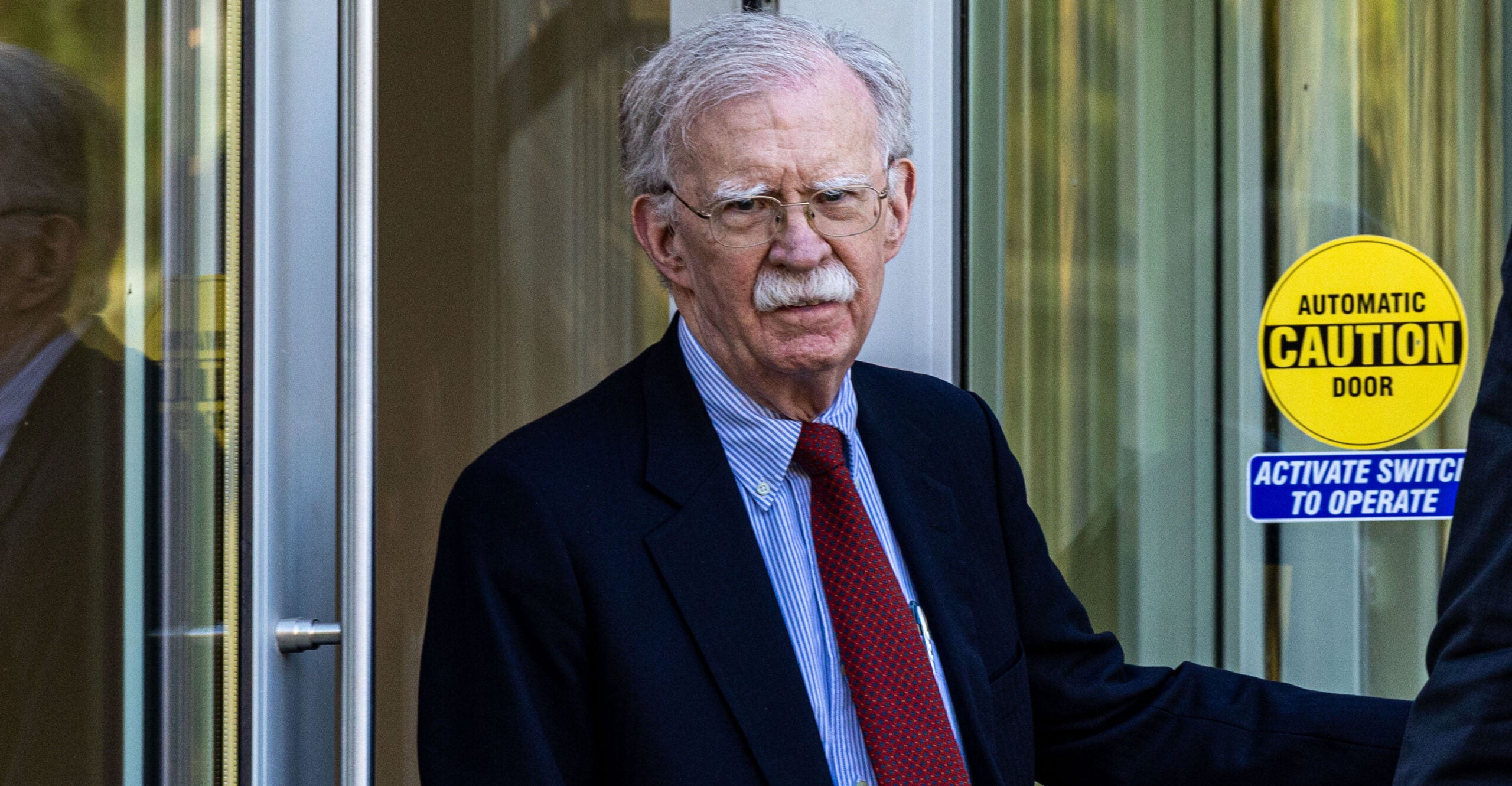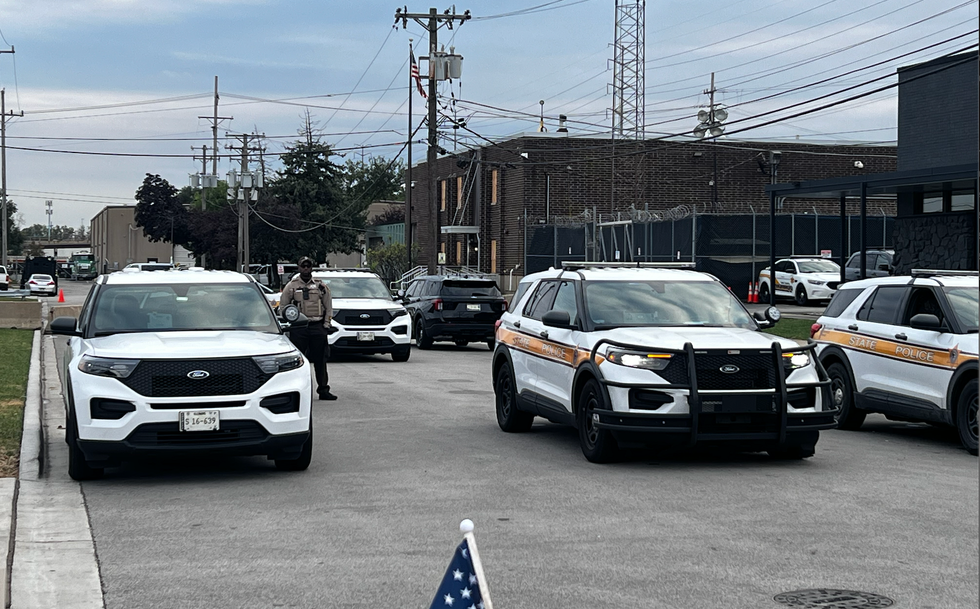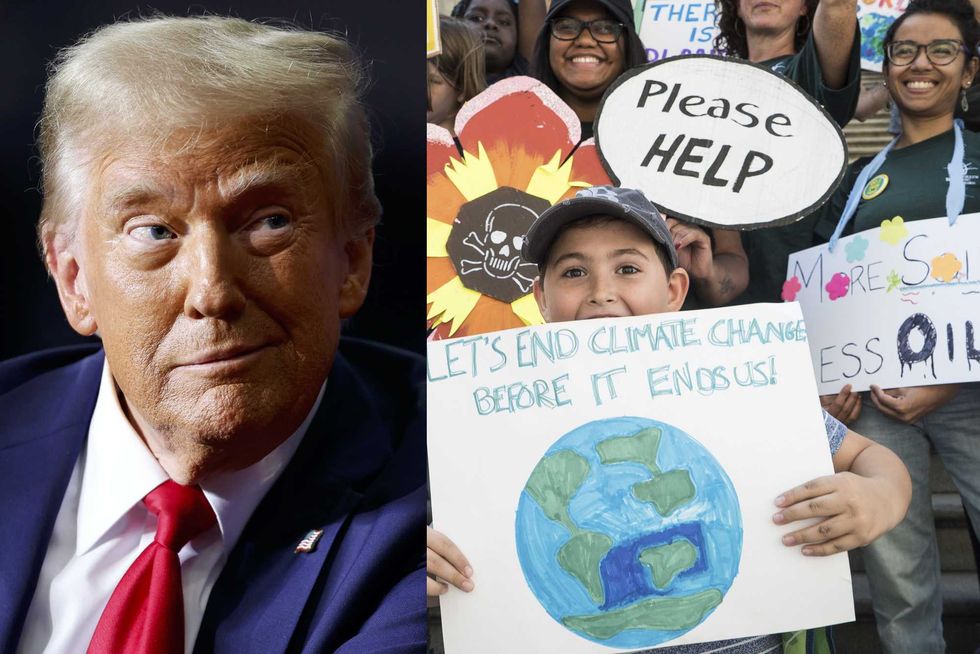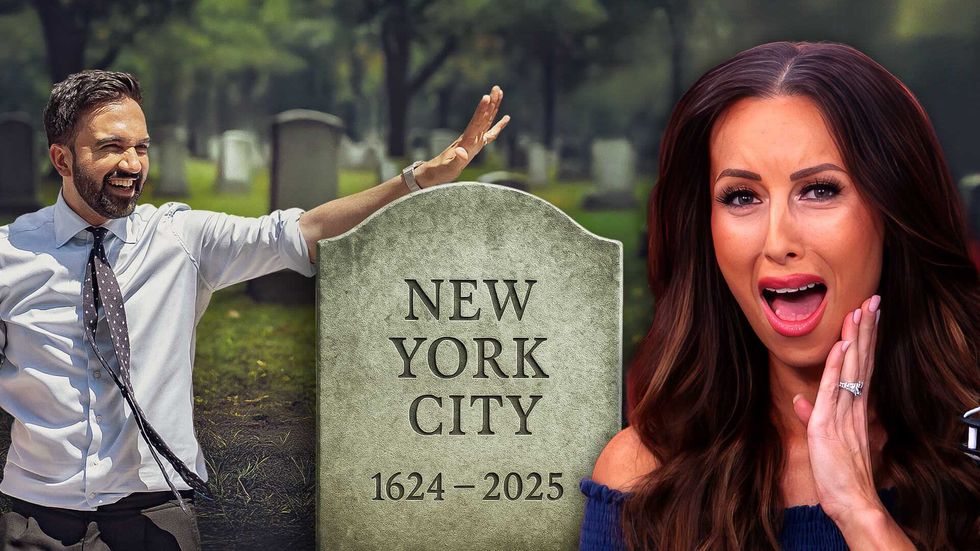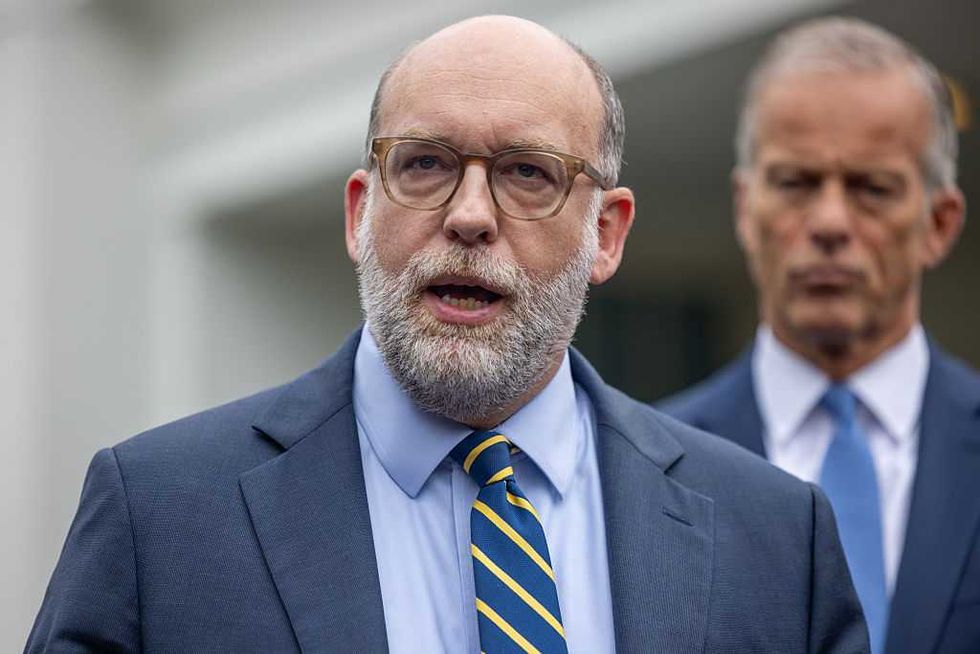As Conclave Begins, Conservative Catholics Try To Make Sense Of Pope Francis

The papal conclave begins today, with dozens of cardinals arriving from around the globe to lock themselves away in the Sistine Chapel and cast ballots in secret for Pope Francis’ successor.
Amid the excitement, conservative Catholics in the United States are reflecting on Pope Francis, trying to make sense of a complicated papacy and wondering where the Catholic Church may be headed next.
The late pope was known for his love of the poor and his humble habits, but he also attracted controversy.
“Without a doubt he was inspirational to many people,” Austin Ruse, president of the Center for Family and Human Rights told The Daily Wire.
“There’s an outpouring of love toward him upon his passing and even conservatives can rejoice that he is now in the presence of his Maker. Even conservatives can recognize that he loved the Lord deeply,” Ruse said. “Having said that, I will also say that for many people, his pontificate was confusing.”
Both Francis’ official statements and offhand remarks frequently caused confusion among the faithful and sparked vehement criticism, even from his own cardinals.
“I think it was a very conflictual legacy,” Fr. Robert Sirico, founder of the conservative Acton Institute told The Daily Wire.
“I think you had almost opposites in the same person because he would affirm clearly and sometimes in very blunt language the Church’s teaching on the controversial issues, but on the other hand he was sending messages that endeared him to the most progressive elements of the Church, and it’s not clear to me what his strategy was,” Sirico said.
The litany of Francis’ controversial moves is long.
In 2023, Francis said that Catholic priests can give “spontaneous blessings” to same-sex couples, but cautioned that such a blessing does not sanction the union and cannot resemble a marriage ceremony. Nevertheless, media outlets and commentators presented that Vatican document as a major shift for the Catholic Church.
This came a decade after Francis famously responded, “who am I to judge?” when asked about gay clergy at a press conference shortly after he became pope in 2013.
Francis caused controversy again in 2015 when he approved guidelines saying divorced and remarried Catholics may be able to receive communion in certain cases where there are mitigating factors, such as duress, that make them not culpable for the mortal sin of adultery. Afterward, some cardinals called on the pope to clarify his position.
Francis sparked questions in 2018 when he changed the Catechism of the Catholic Church to state that the death penalty is now “inadmissible.” Previously, the Church had said the death penalty was permissible in “very rare” cases if it was the only way to defend people from the aggressor.
Francis condemned gender ideology in strong terms, saying sex change procedures threaten the “unique dignity” of a person. Meanwhile though, the Vatican issued a document in 2023 that, while it ultimately reiterated Catholic doctrine on baptism and godparents, caused confusion around same-sex couples and people who currently identify as transgender.
On abortion, Francis was not vague, saying abortions are homicides and calling doctors who perform them “hitmen.”
Francis gave a humorously blunt answer — “no” — when 60 Minutes asked him last year whether the Church would ever allow women to become priests.
Several offhand comments, like the pope’s reference to large Catholic families having children “like rabbits,” and telling priests to stop wearing “grandma’s lace” during Mass, ruffled feathers among more traditional Catholics.
However, Francis then stunned those who saw him as a beacon of inclusivity when he used the Italian word frociaggine, often translated as “faggotry” twice within the span of a few weeks — with a Vatican apology in between — in the context of homosexual seminarians.
“There was this old kind of homophobic Argentinian operative inside this man who wanted to reach out to transgender and gay people and all that. This is part of the whole thing that needs to be sorted out,” Sirico said.
“It’s almost what you would call in an informal way, a kind of schizophrenia,” he said. “I mean, if I was dealing with this person in my real life, I’d sit him down and say, well, what is it? Is it A or B? And nobody did that with him.”
Sirico said he was “unsatisfied” with the theological accusations against Francis, but he was concerned with the pope’s disregard for Canon law, such as ignoring the procedure for replacing bishops.
“If he wanted to change it, he could have, but he didn’t. He just violated it,” Sirico said.
He gave the example of Fr. Marko Rupnik, a Jesuit priest who was excommunicated after allegations surfaced of decades of sexual and psychological abuse from dozens of nuns, including that he had sex with nuns and then absolved them in confession. Later, Rupnik ended up in a diocese in his native Slovenia.
“So the excommunication had been lifted, but by whom? The only one who could have done it was the pope, but nobody owned that. This is the stuff I’m saying that I hope will come out,” Sirico said.
Some critics, such as Fr. Gerald Murray, pastor of Saint Joseph’s Church in New York City, level weightier charges against Francis.
“Pope Francis’ principal legacy will be that of a Pope who sought to change Catholic doctrine and practice regarding divorce and remarriage, by allowing Holy Communion to be given to Catholics in invalid second marriages, and regarding homosexuality, by authorizing priests to bless same-sex couples,” Murray told The Daily Wire.
Murray also said that Francis’ “secret agreement with the Chinese Communist government, giving the regime a major role in the naming of Catholic bishops in China, is something unimaginable during the reigns of the two previous popes.”
The Vatican renewed that agreement last year despite reports of China abusing it, detaining bishops and naming new bishops for new dioceses not recognized by the Vatican. The details of the agreement have not been made public.
Ruse said that another “unfortunate move” was Francis “going to great lengths to stamp out the Traditional Latin Mass, which has been extremely painful to many people in the Church.”
In 2021, Francis imposed severe restrictions on the Latin Mass, requiring priests to get permission from their local bishop if they wanted to say it. In 2023, he clarified that bishops must obtain approval from the Vatican itself if they wanted the Latin Mass in their diocese, and newly ordained priests would need special permission.
Pope Benedict XVI had given priests broad permission to say the Latin Mass in 2007.
“It speaks to divisions that we have had in the Church for quite a long time. Even before the Second Vatican Council these types of divisions existed in the Church,” Ruse said. “I think in some ways they were exacerbated in recent years.”
However, Ruse added that one of the “very good things” about Francis’ papacy was that he cured the “papolatry,” or idolizing of the pope by some right-of-center Catholics.
During his papacy, Francis criticized capitalism and was known for calling on countries to care for migrants, saying “racism is a virus.”
“I don’t think he was a Marxist,” Sirico said. “He certainly wasn’t a free market kind of guy the way [Pope John Paul II] was, but on the other hand, I think he profoundly misunderstood the United States on a very visceral level, and I think that is owing to his Argentinian background and what happened in his lifetime in Argentina.”
During Francis’ youth, Argentina’s government had powerful socialist elements, and the country saw several government overthrows.
Ruse agreed: “I don’t believe that he had a real understanding of the dynamics of the Church in the United States, and I think he was relying on partisans who were advising him,” he said.
Early on in his pontificate, Francis told a group of young people from Argentina to “make a mess” in the Church.
“And he did,” Sirico said. “He’s made a mess, and I think the next Pope is going to have to do something about that … I think he’s left the church divided.”
Sirico spent a month in Rome before Pope Francis died, and was set to be in Rome during the conclave as well.
At the Vatican, there was a sense of “people staying in the foxhole, looking out very cautiously to see what was going to happen,” Sirico said of his conversations with numerous bishops, cardinals, and members of the Vatican bureaucracy around the time of the pope’s death.
The atmosphere of the Vatican during this last papacy was “very personal, at times very petty,” he said.
Sirico said he doesn’t view the search for the next pope through the lens of “liberal or conservative.”
“I think people across the spectrum are going to just want a little more clarity and calm,” he said, adding that the next pope will likely want to “let the dust settle on this pontificate.”
“This pope is going to be a hard act to follow if they want to follow in those footsteps. I don’t think there’s going to be a Francis 2.0,” he said. “I think it will be a much more traditional pontificate than that of Francis, but that’s a low bar. He’s a revolutionary in a lot of ways, stylistically, not doctrinally. At the end of the day, the Church’s doctrine remains the same.”
On that note, Ruse cautioned the faithful not to get too deeply involved in the “sturm und drang and controversies in the Church.”
“What I have done in recent years is to try to view myself as a 13th-century peasant, who may know the name of the pope, probably knows the name of his bishop, doesn’t know the names of any other bishops, says his rosary and goes to Mass,” he said.
As for the future of the Catholic Church, Ruse has a simple prayer.
“Where do we go from here? Well there’s going to be a new pope in a handful of weeks, and we’re all praying that it will be a good and holy man,” he said.
Originally Published at Daily Wire, Daily Signal, or The Blaze
What's Your Reaction?
 Like
0
Like
0
 Dislike
0
Dislike
0
 Love
0
Love
0
 Funny
0
Funny
0
 Angry
0
Angry
0
 Sad
0
Sad
0
 Wow
0
Wow
0
